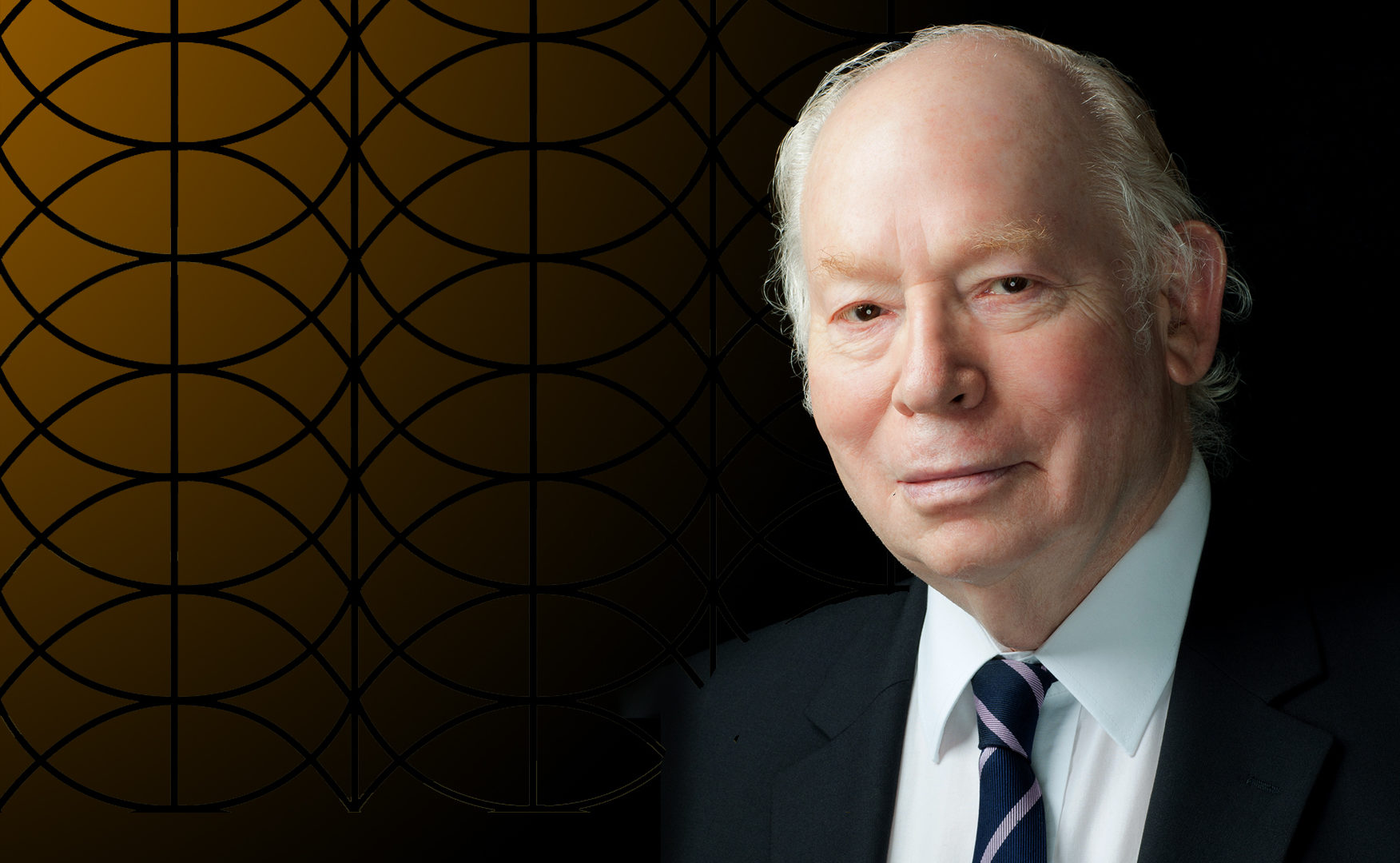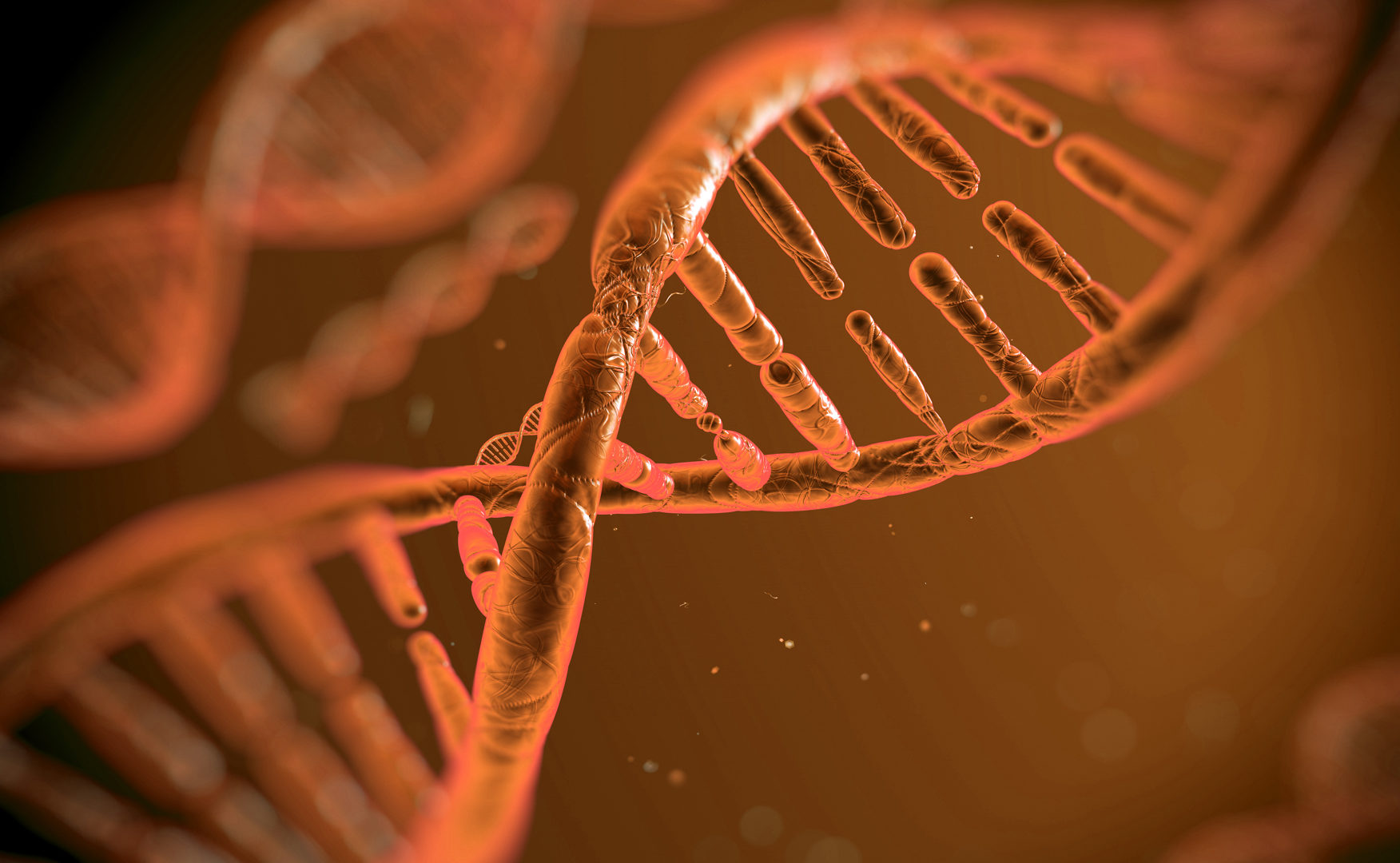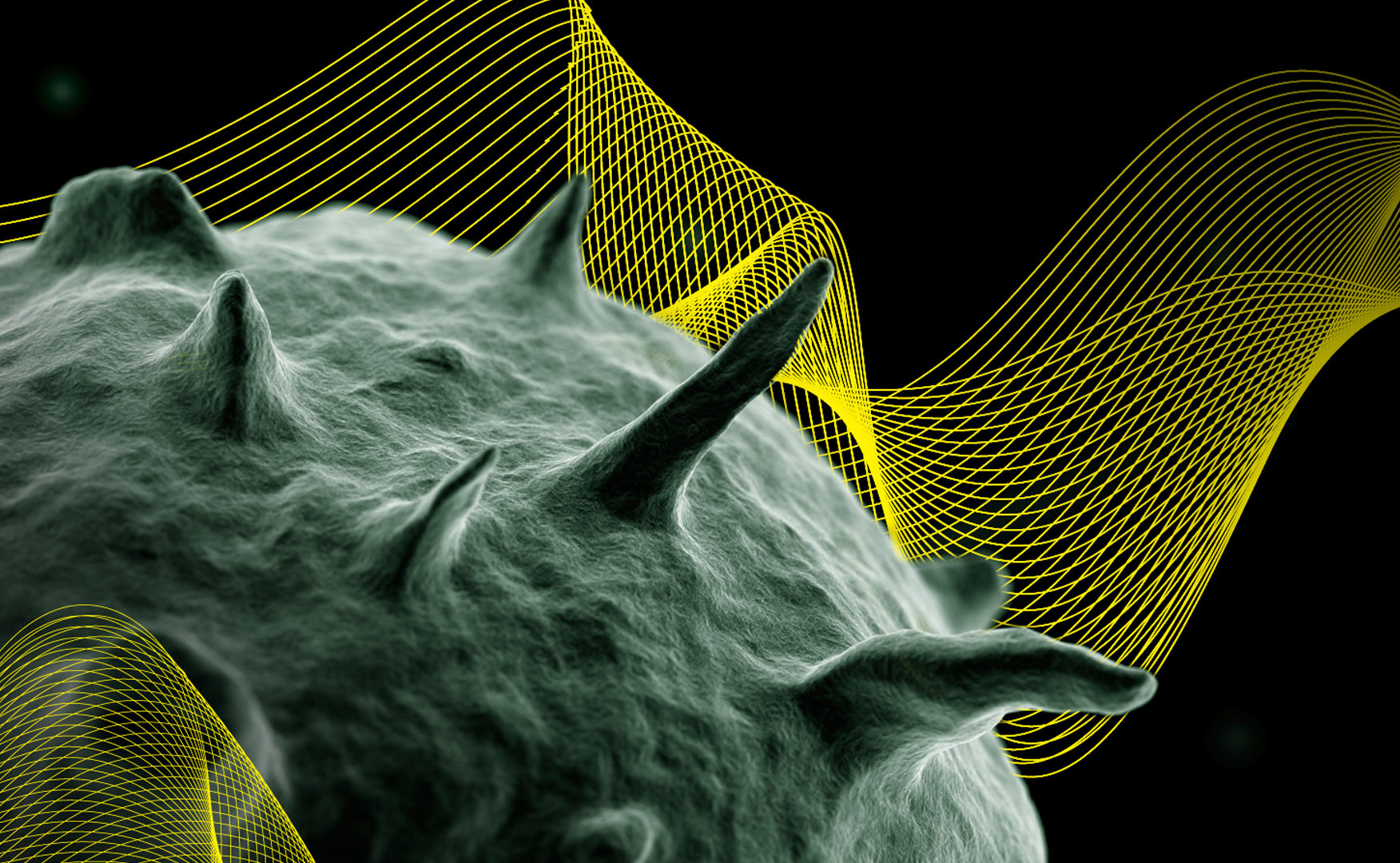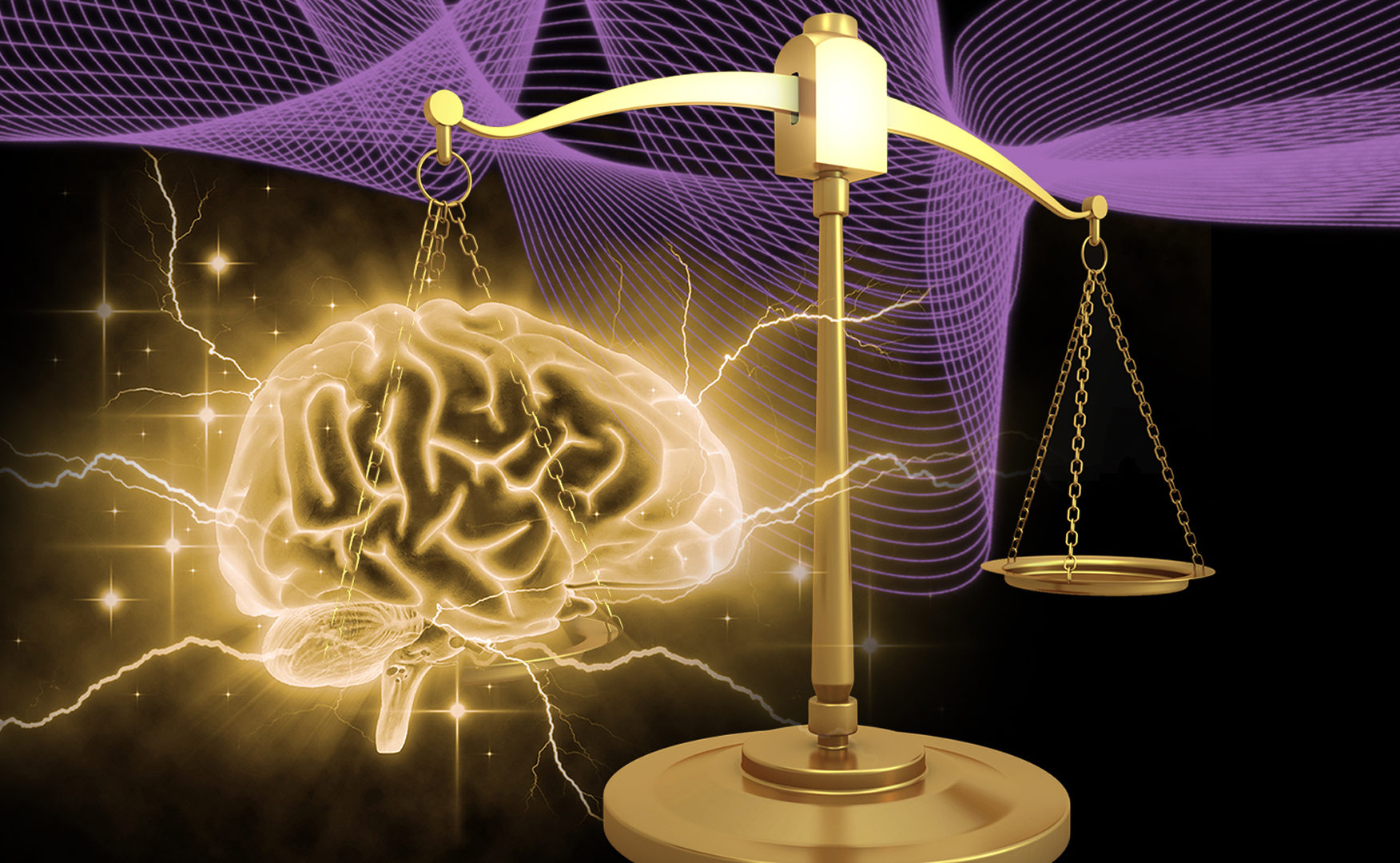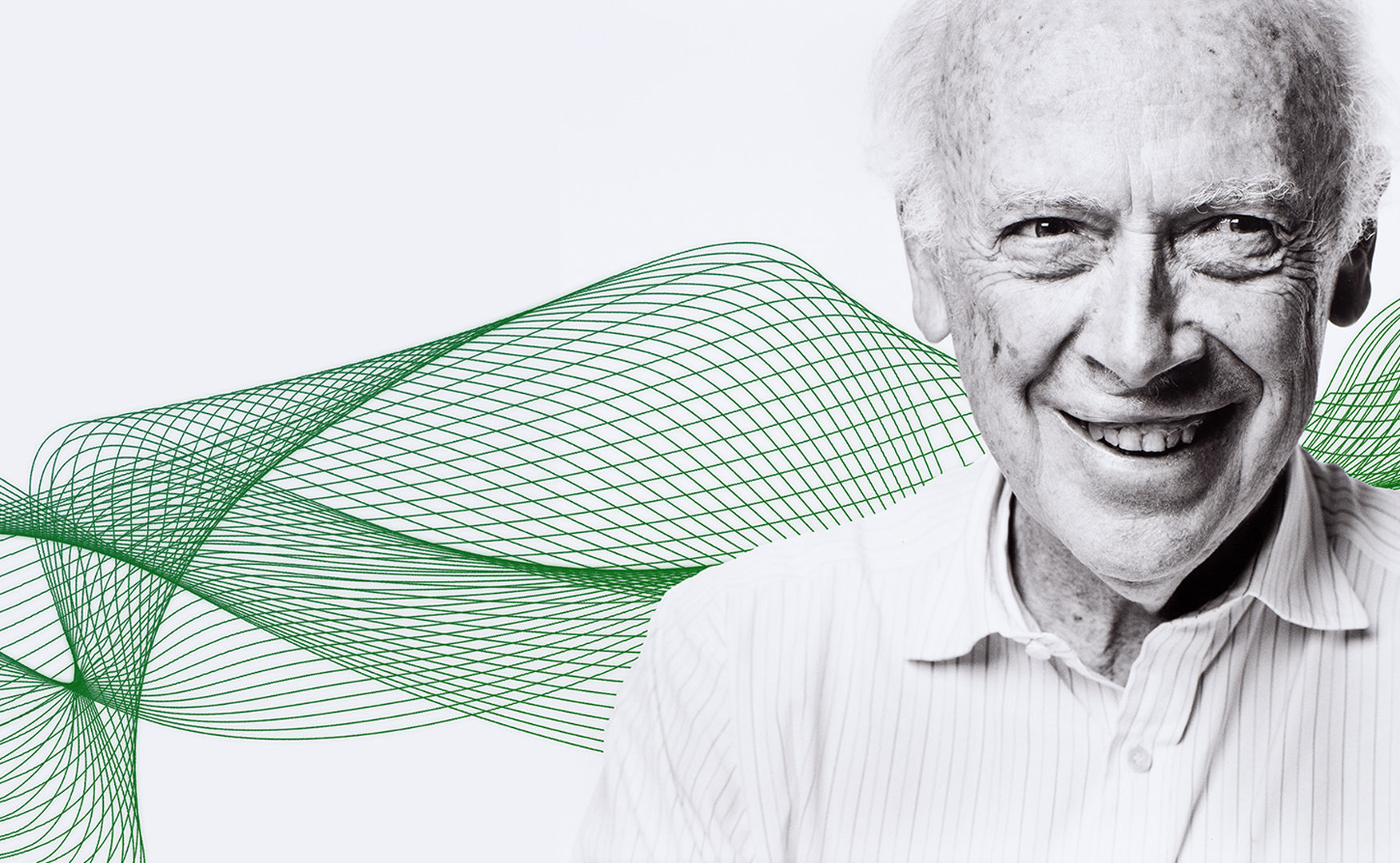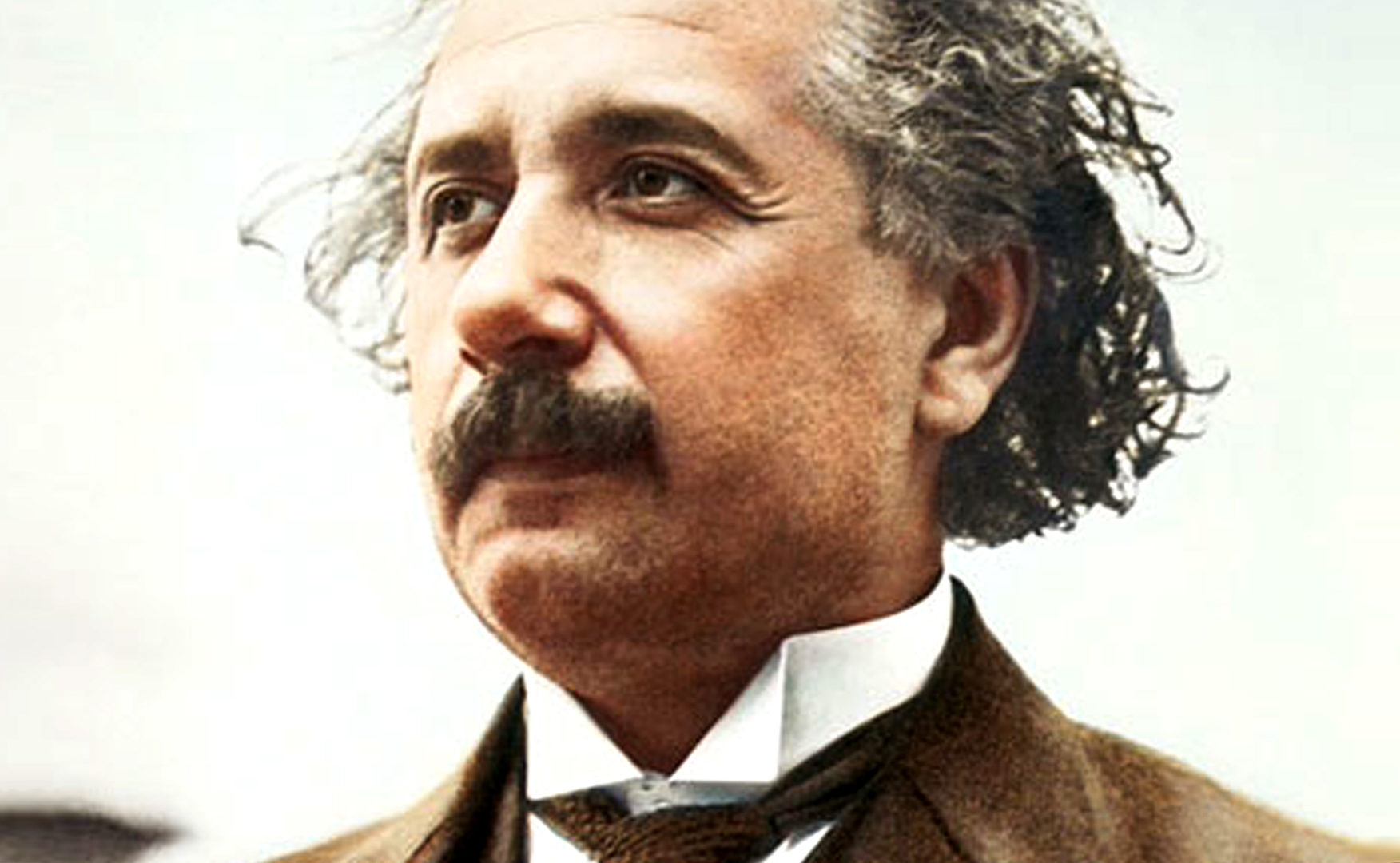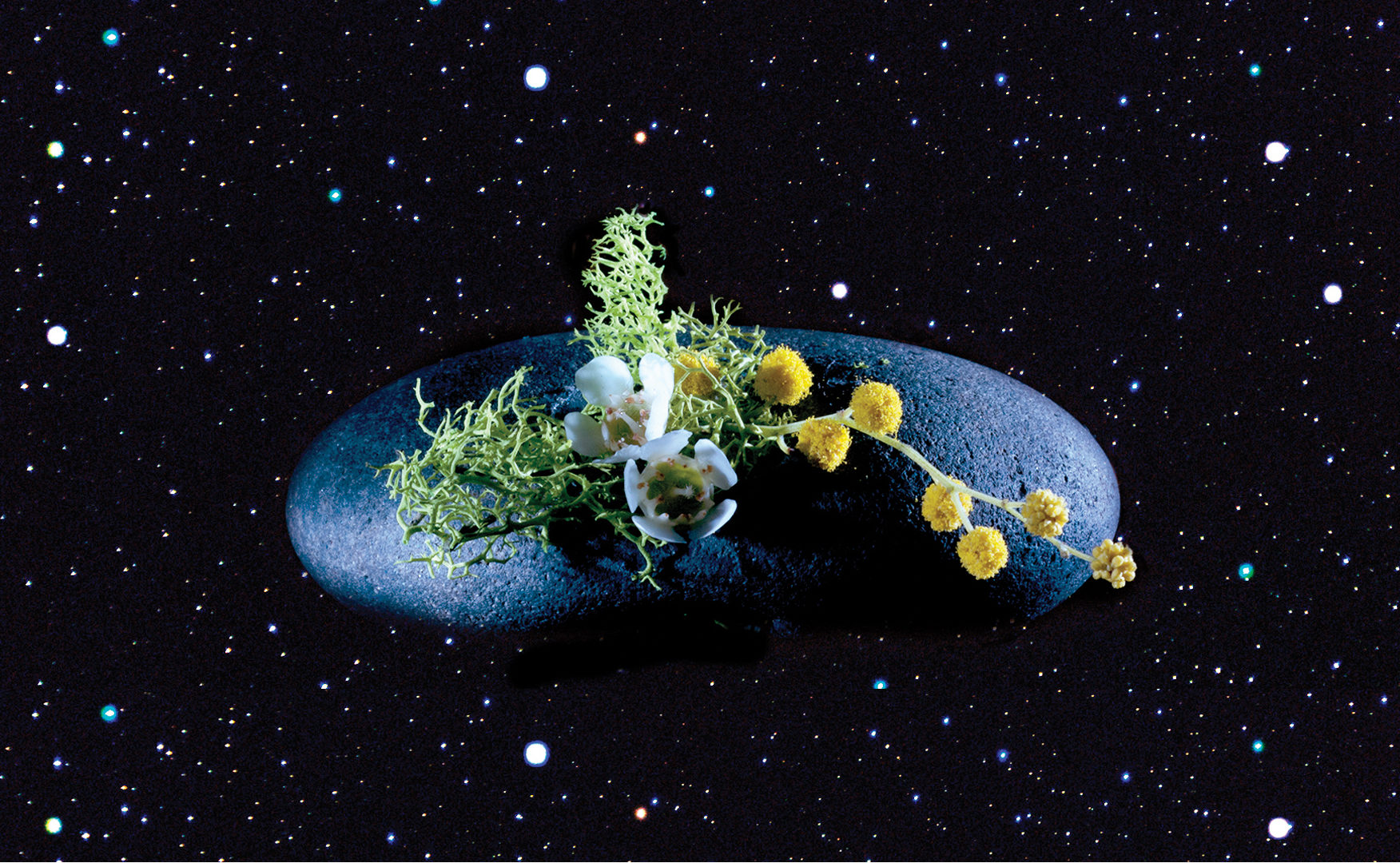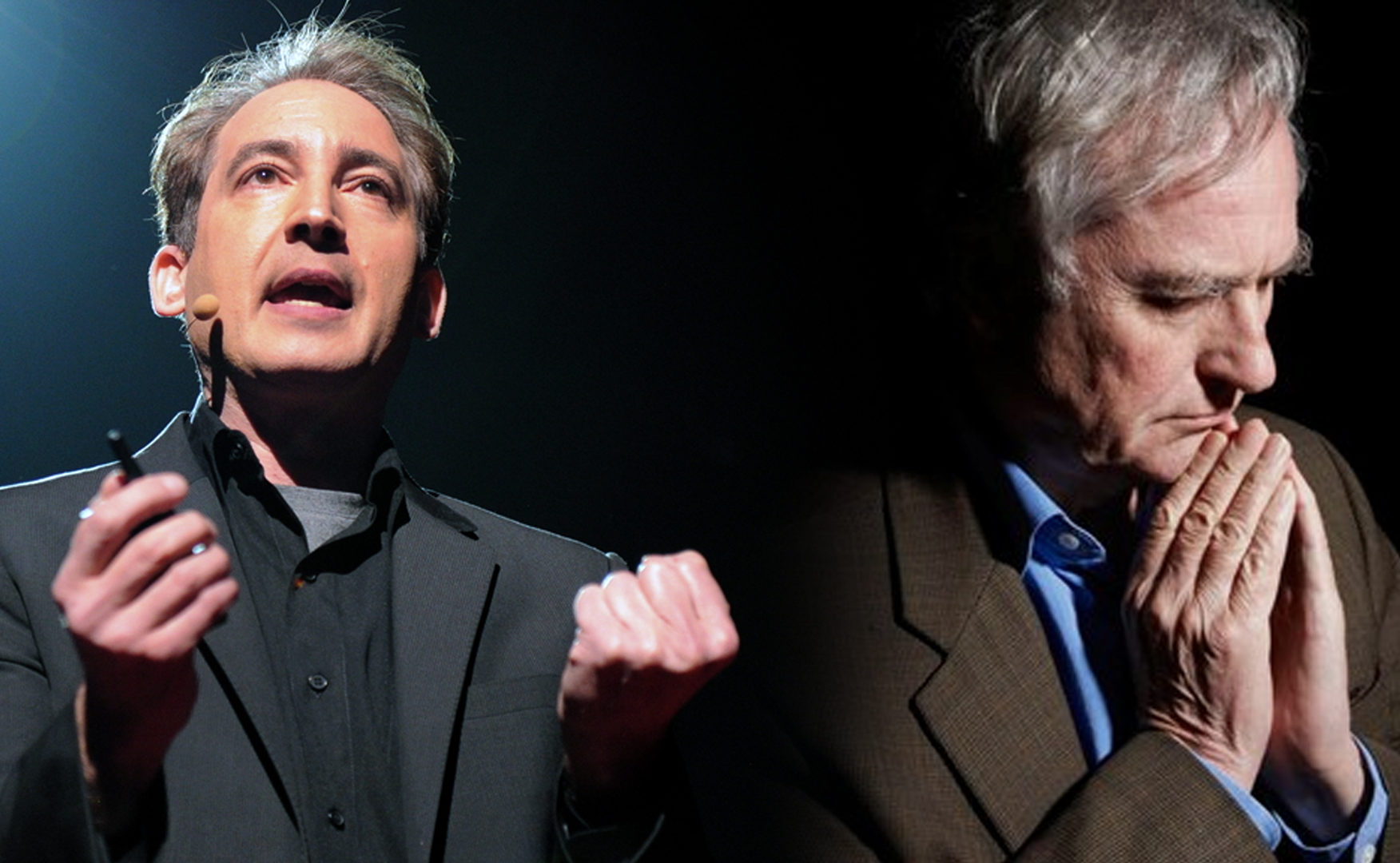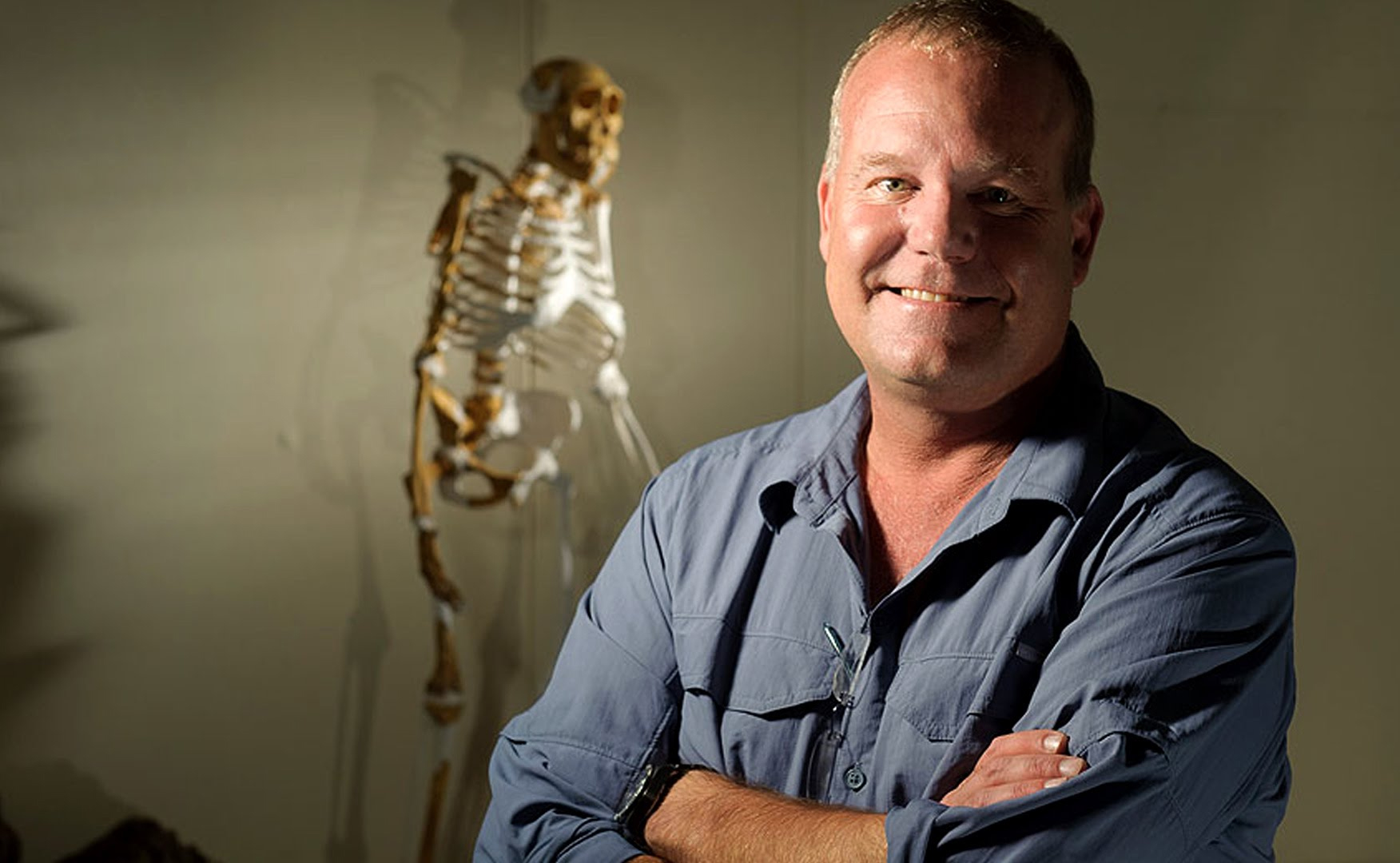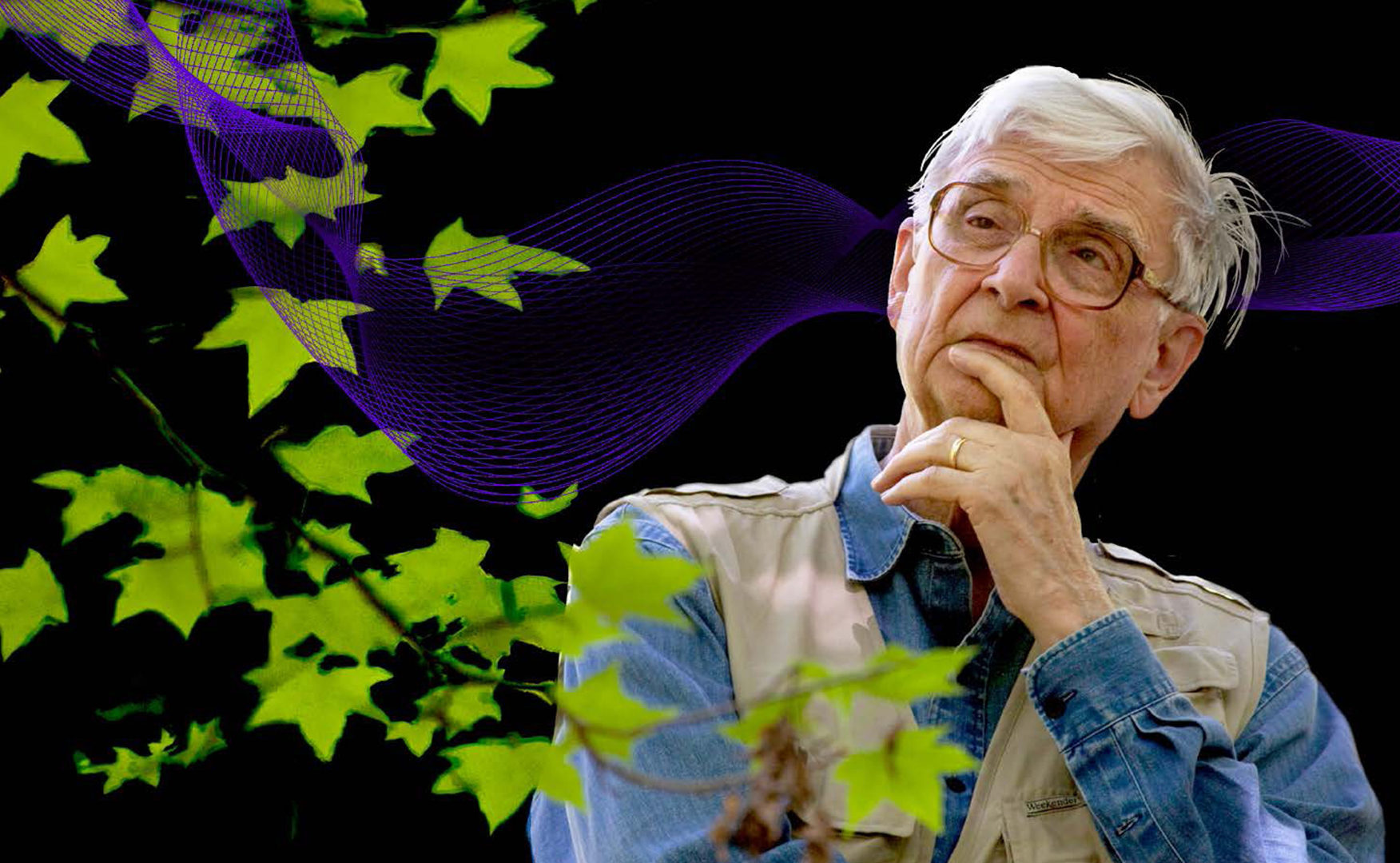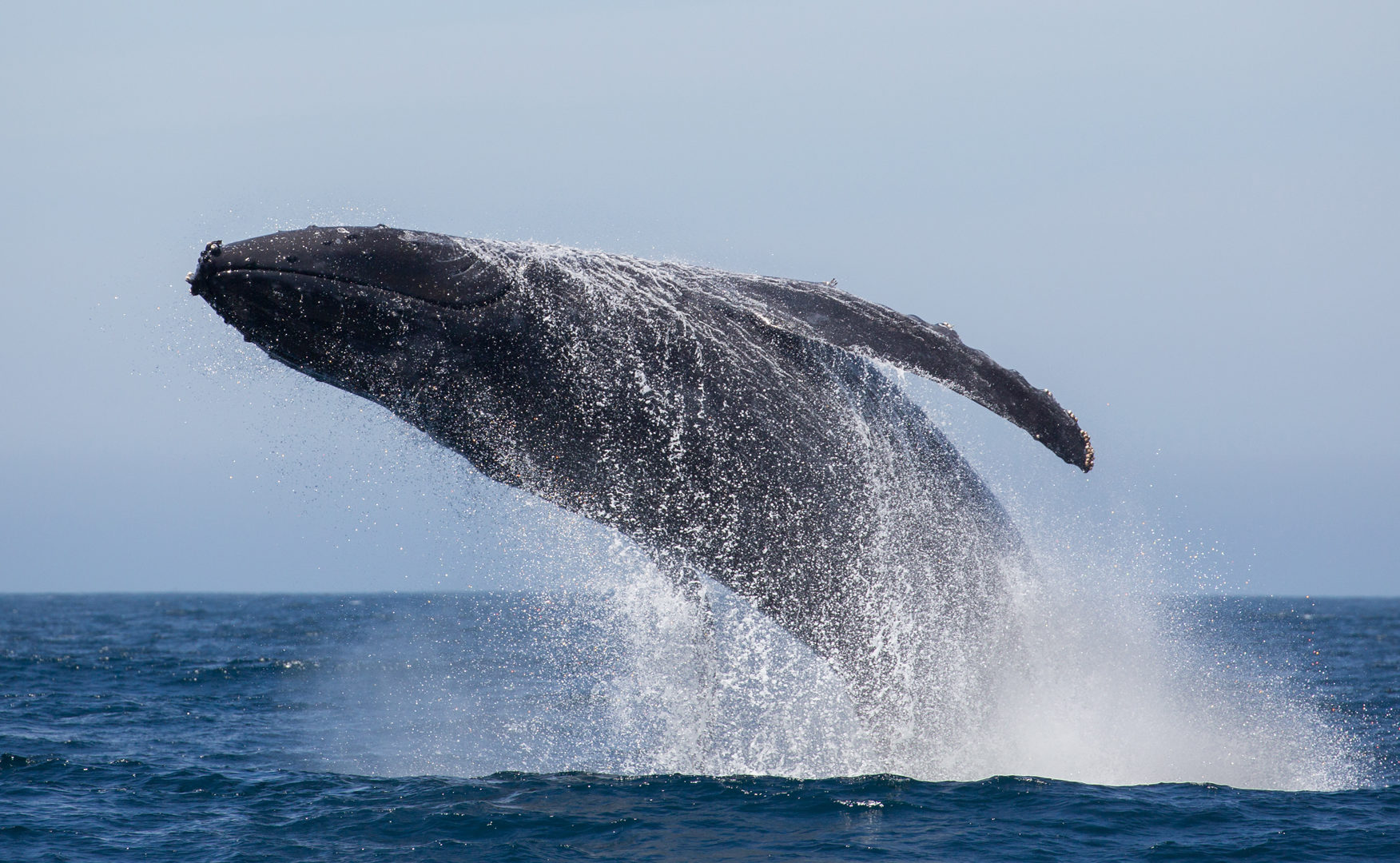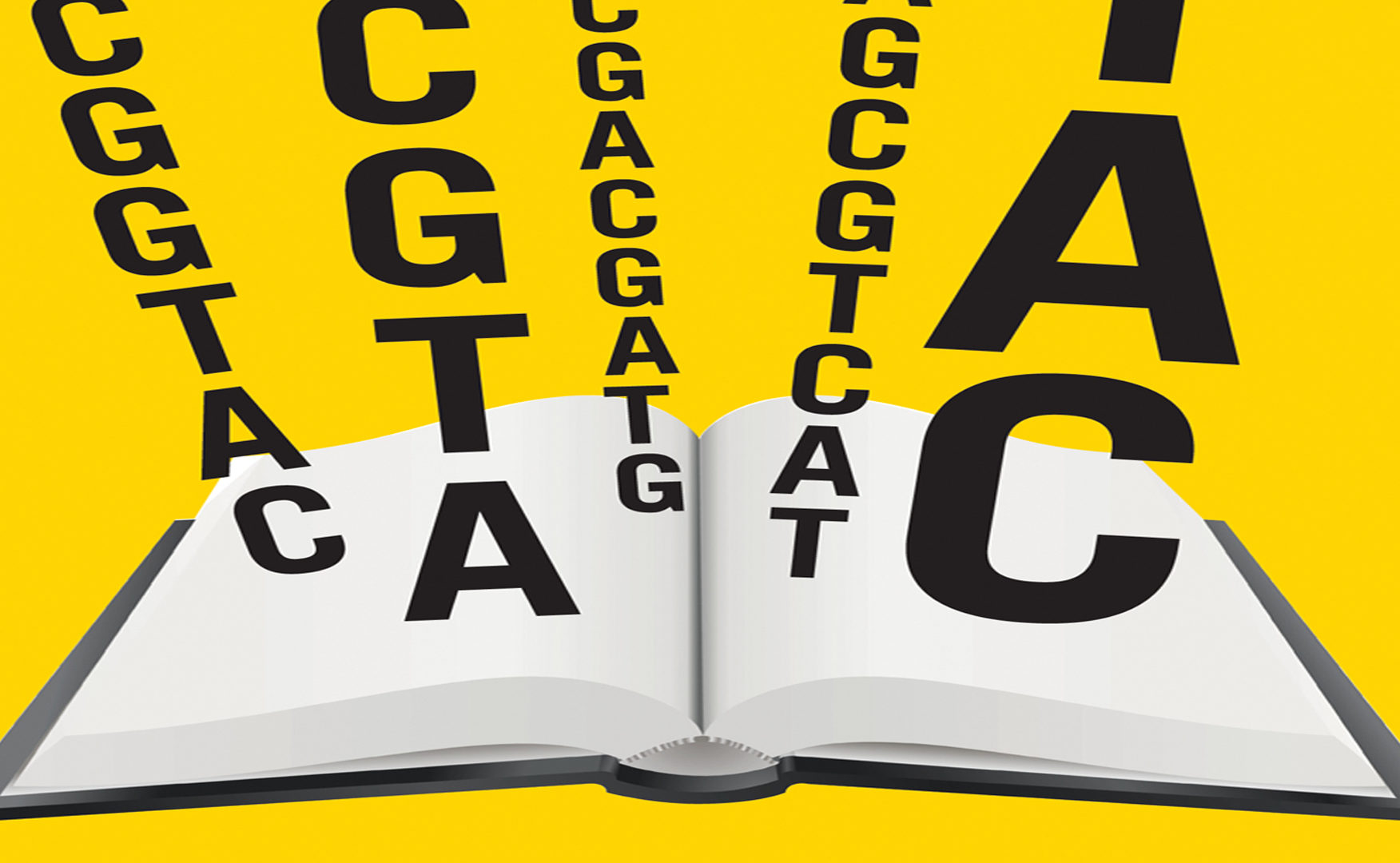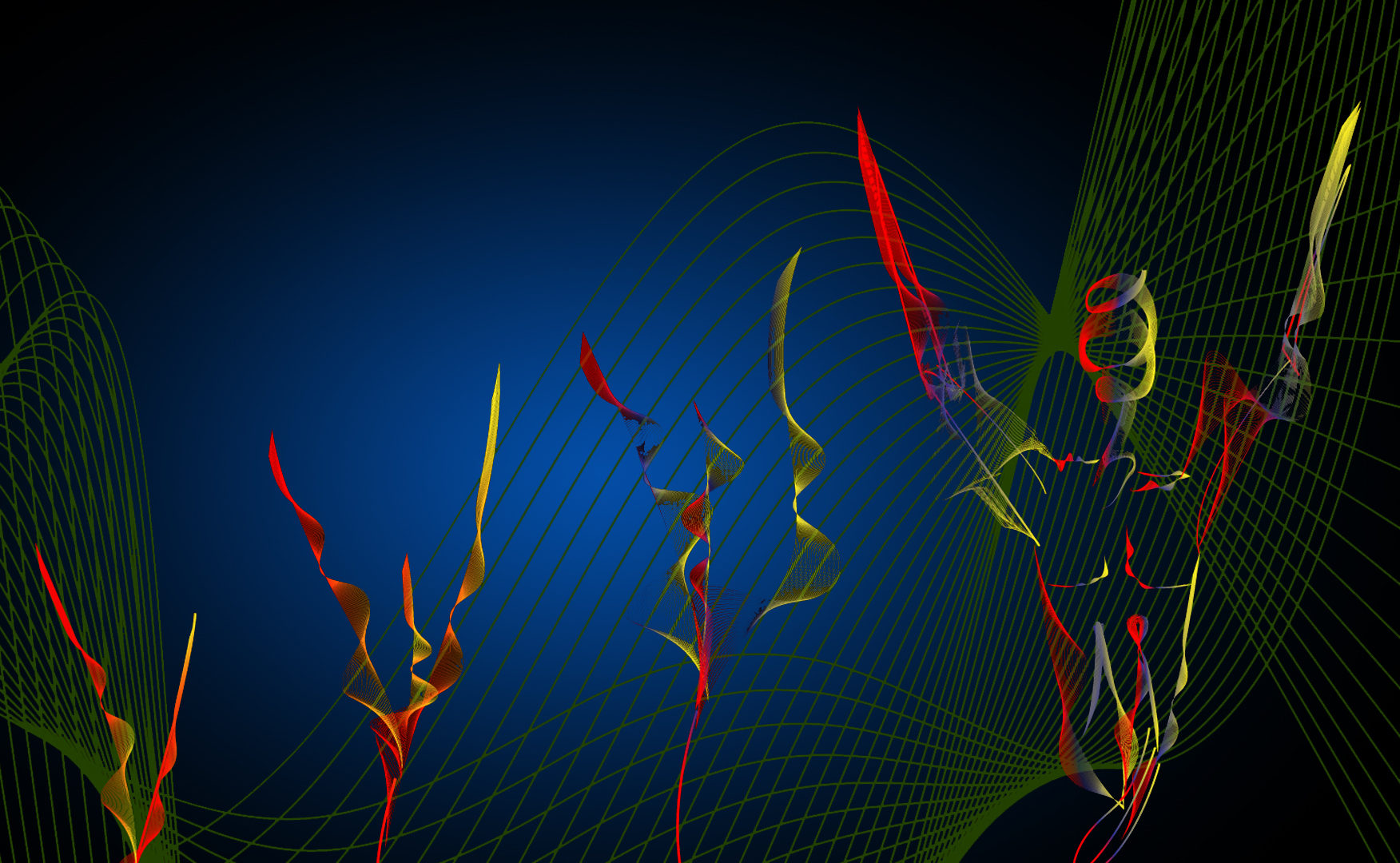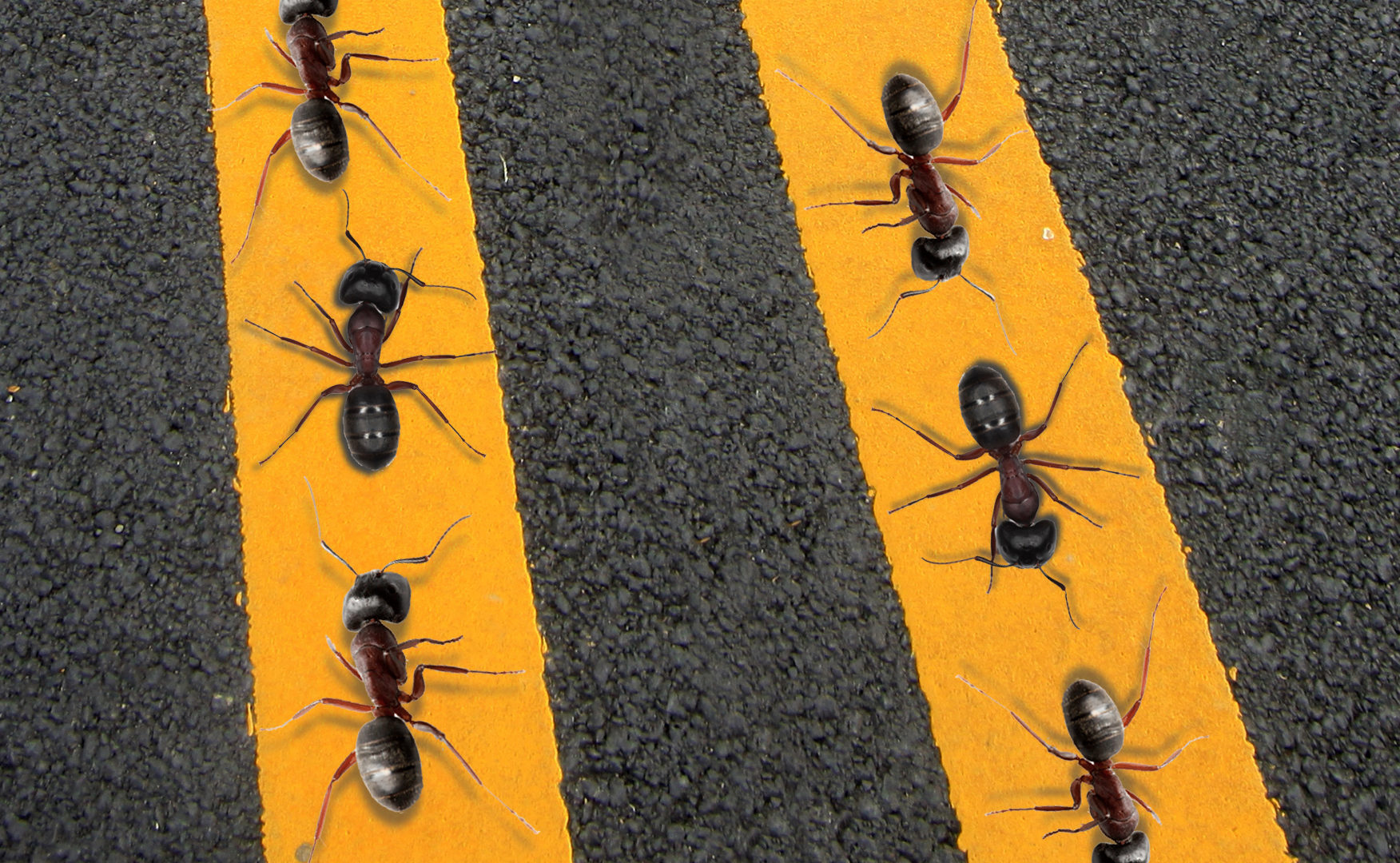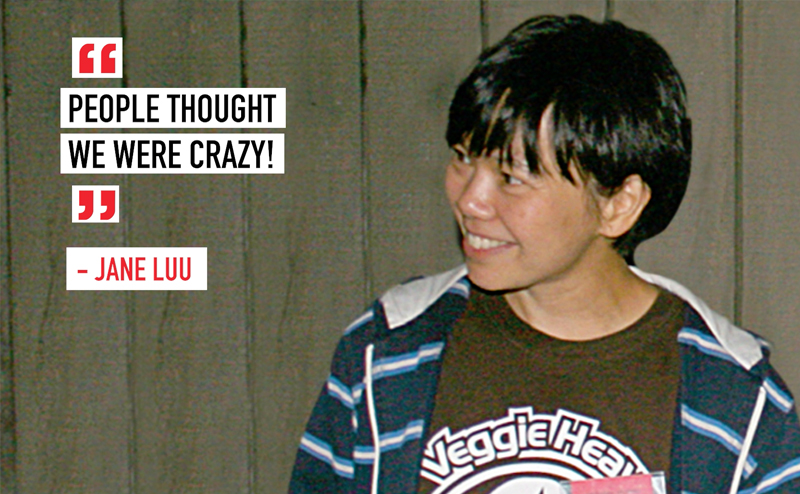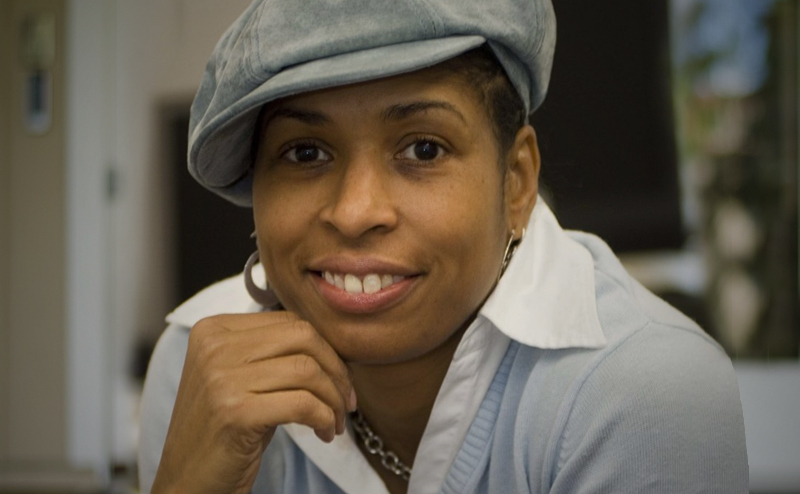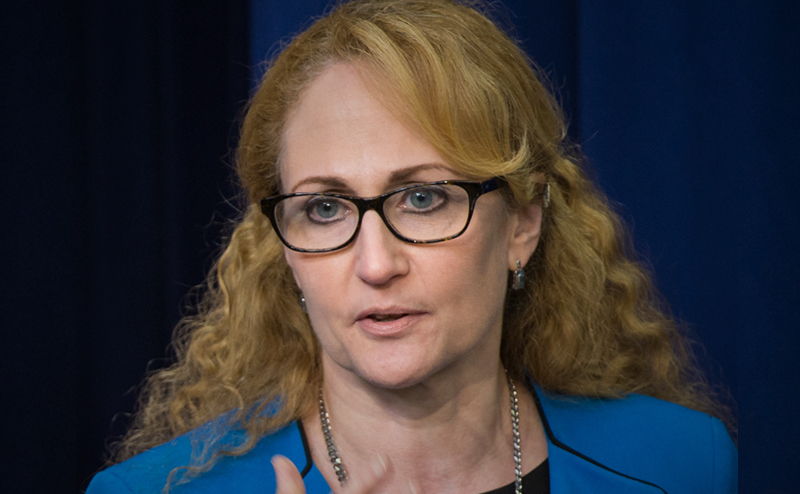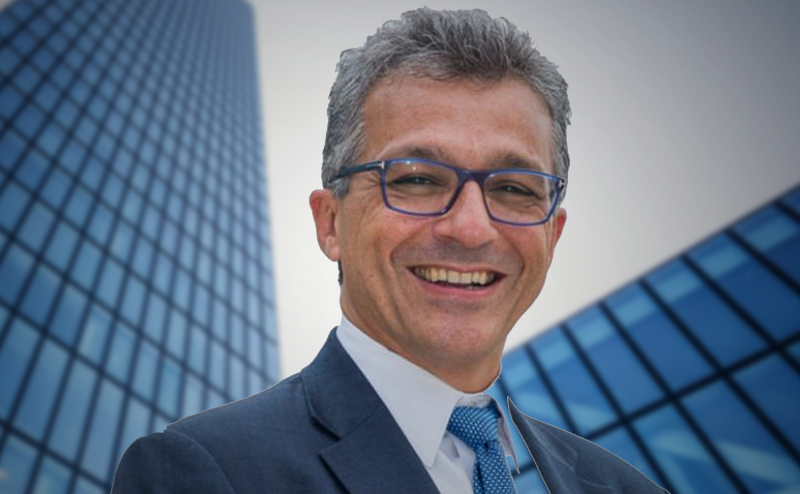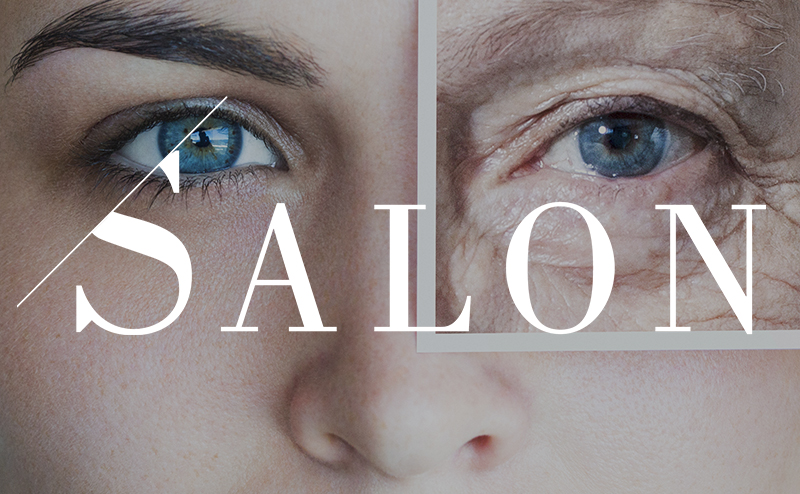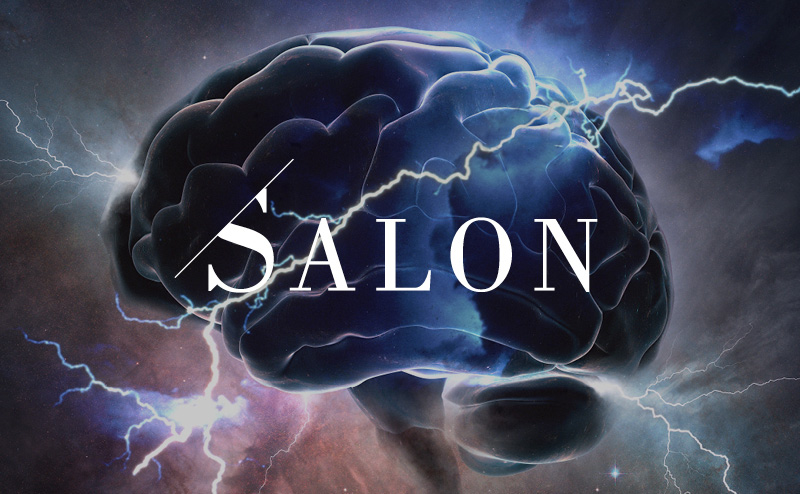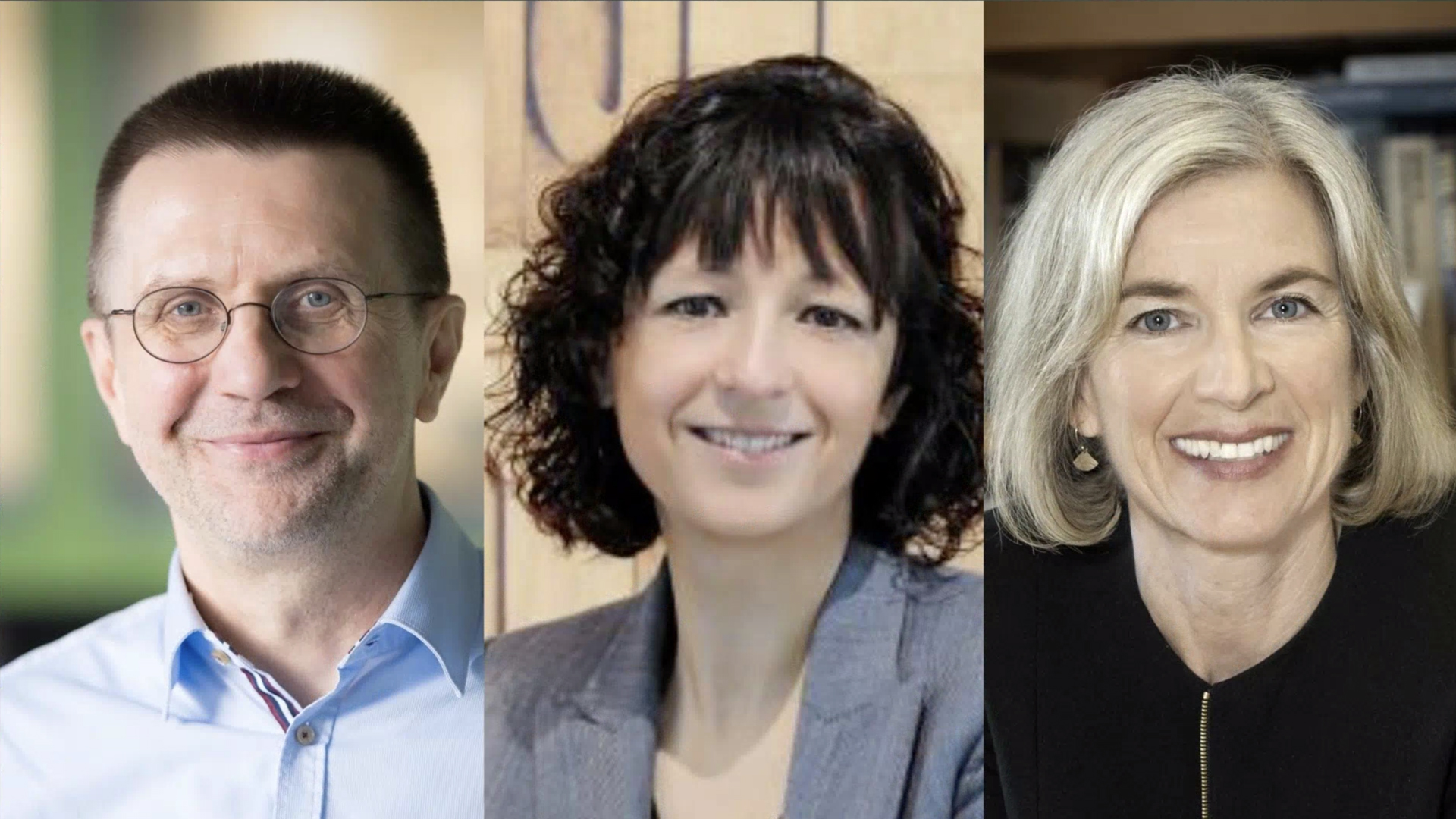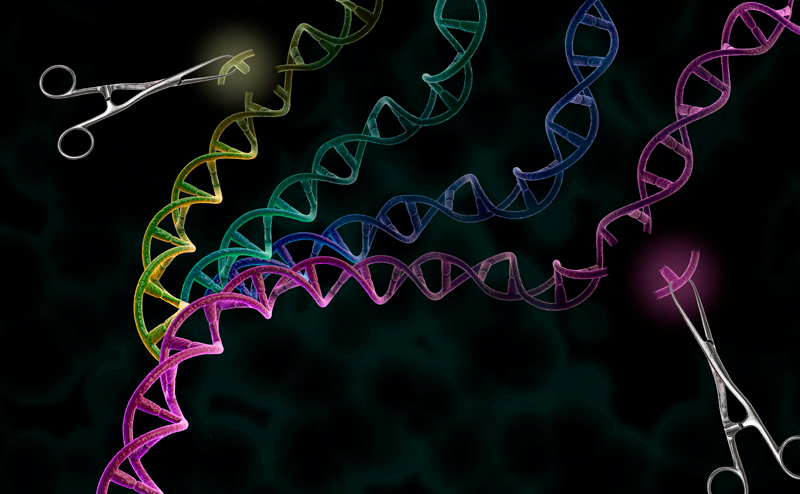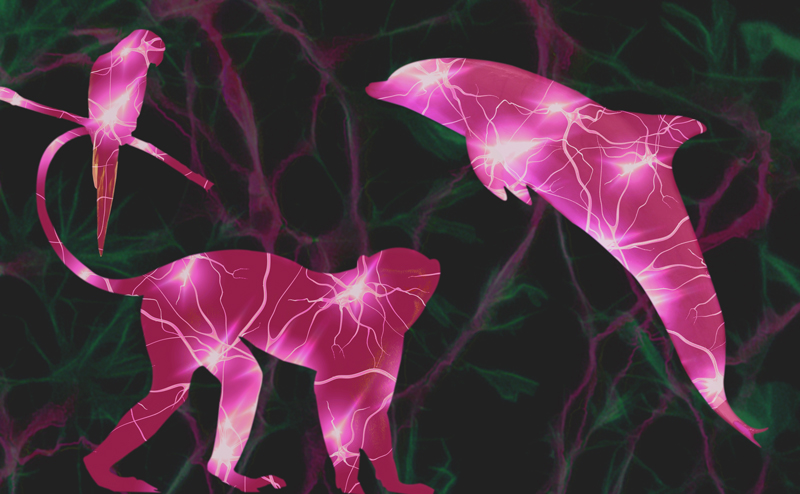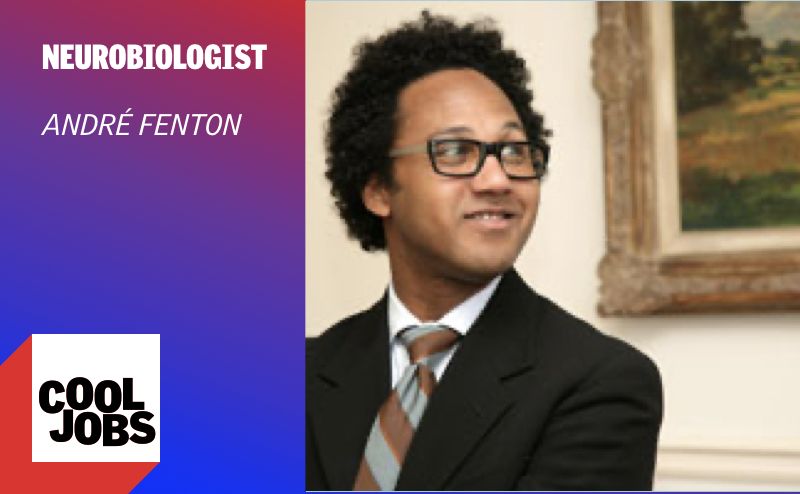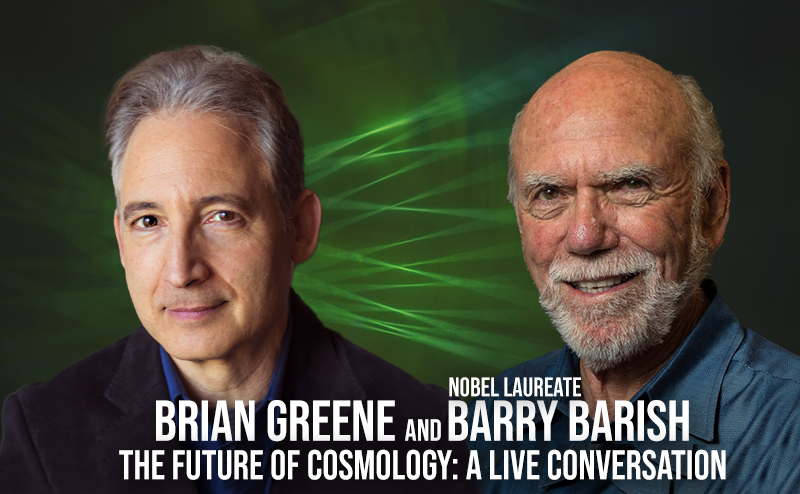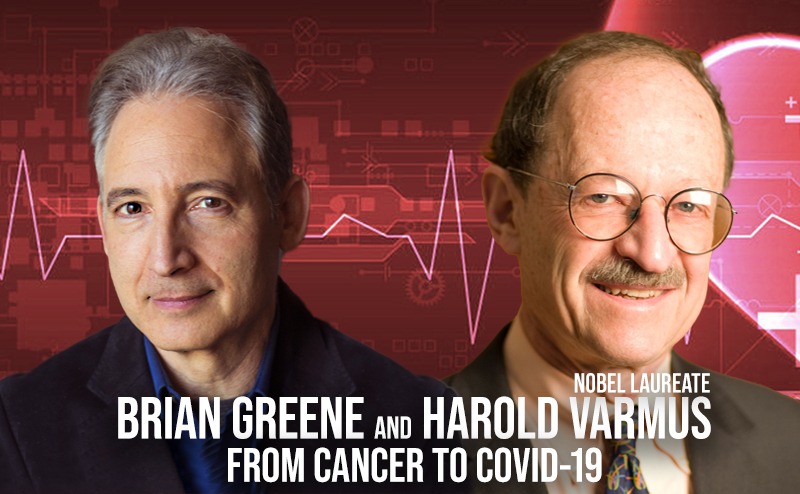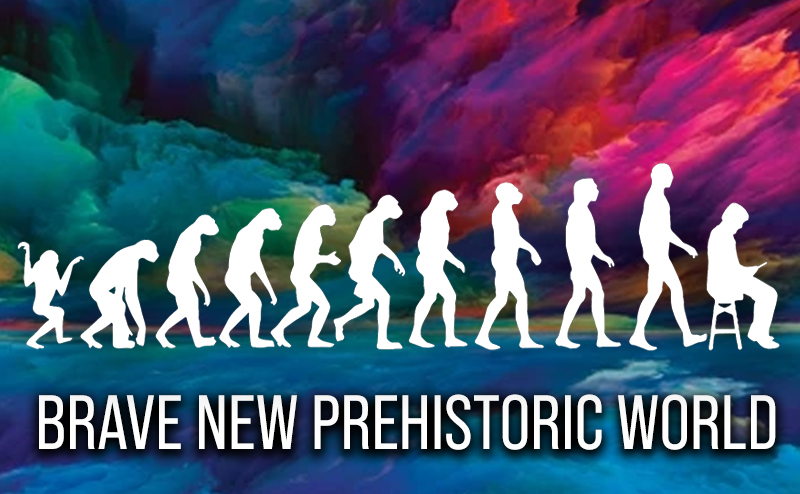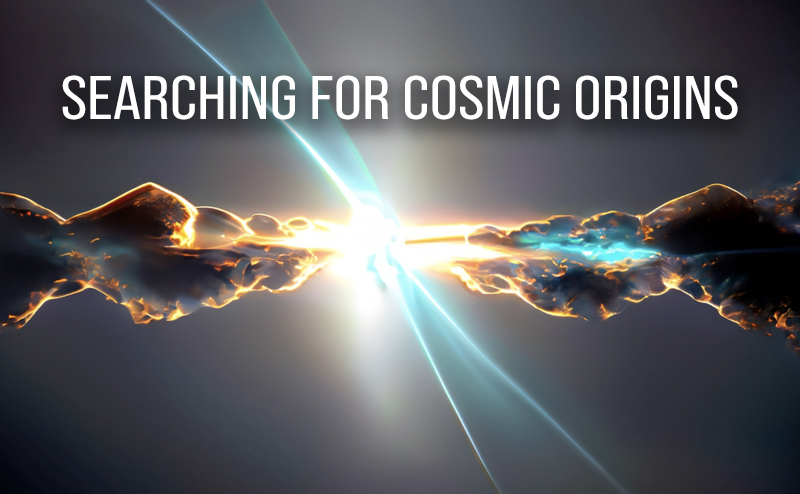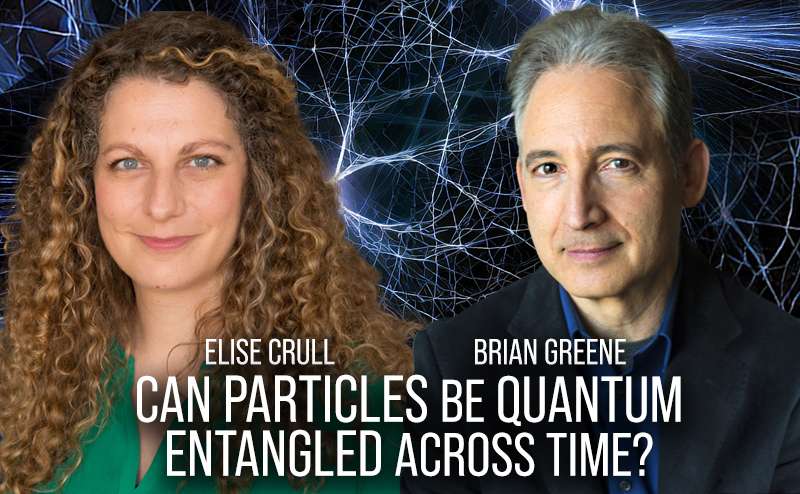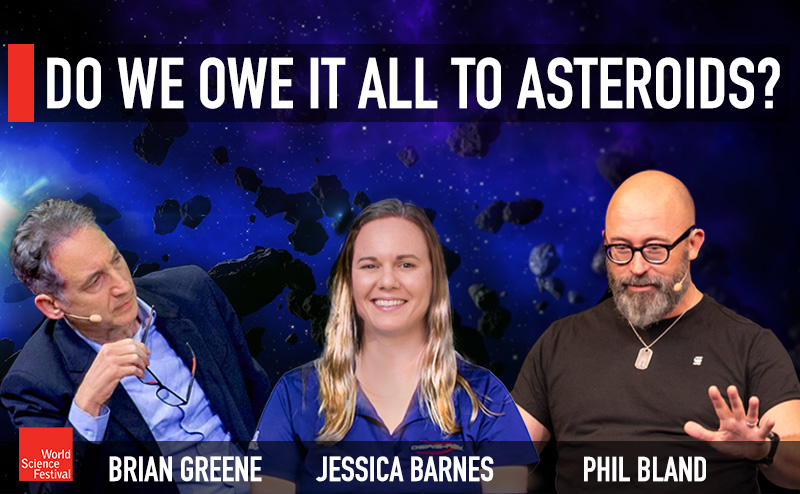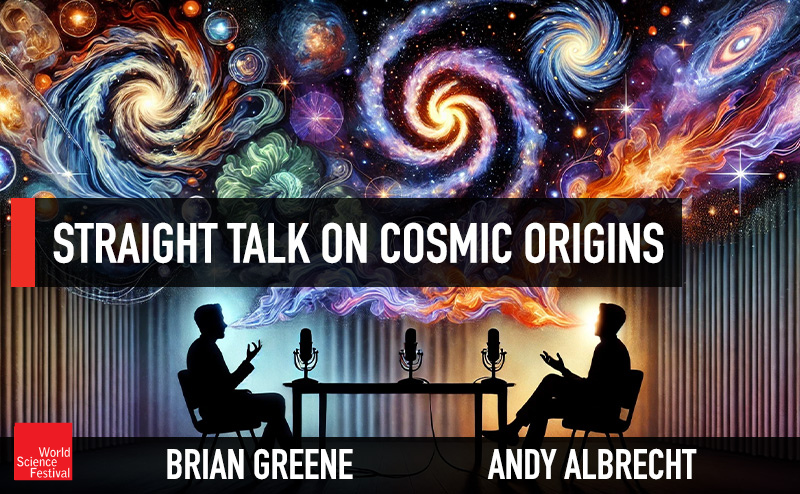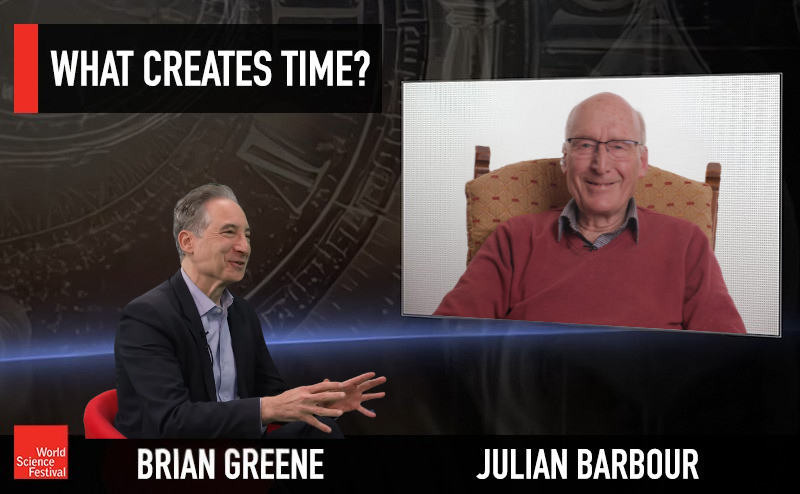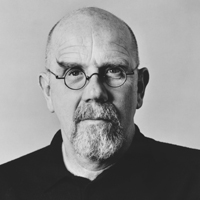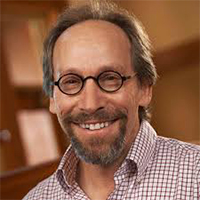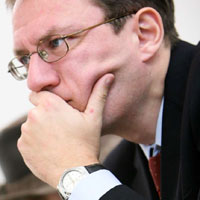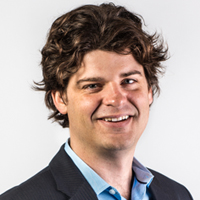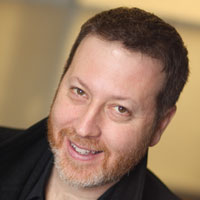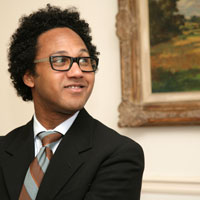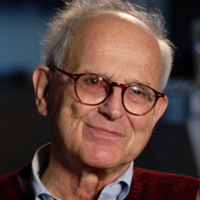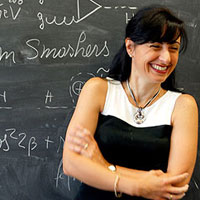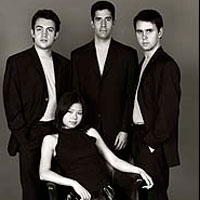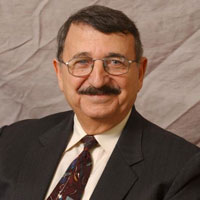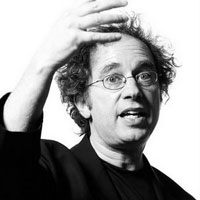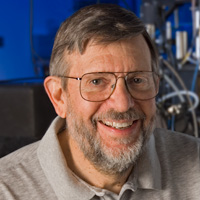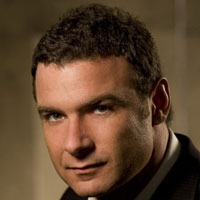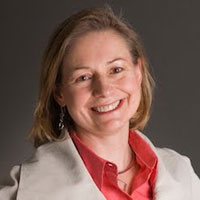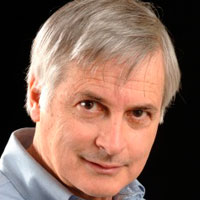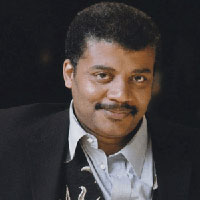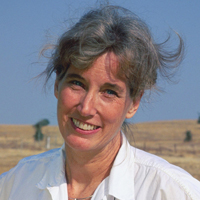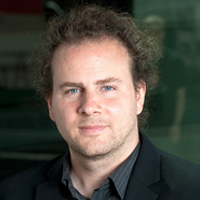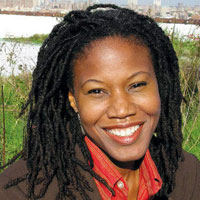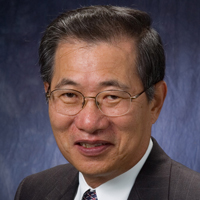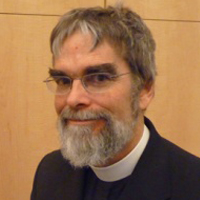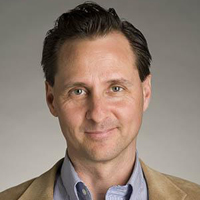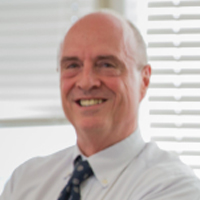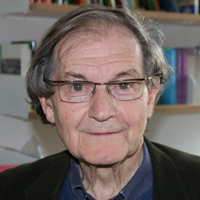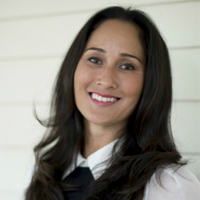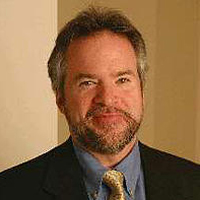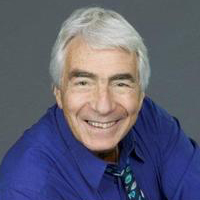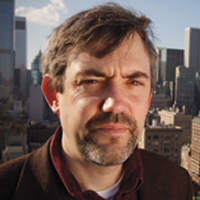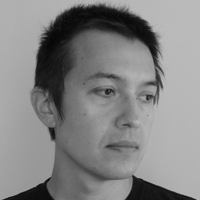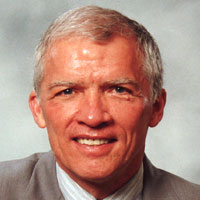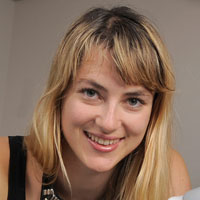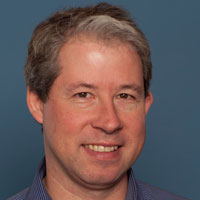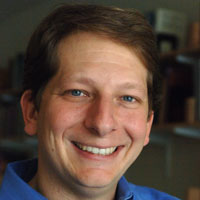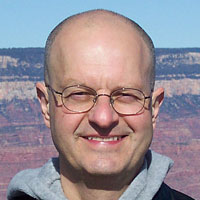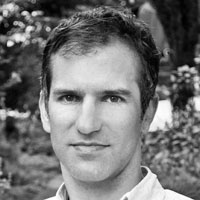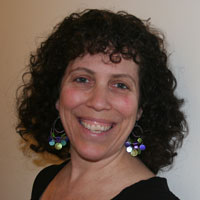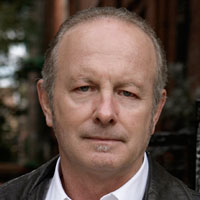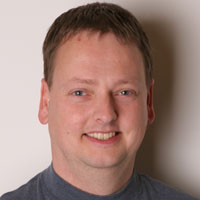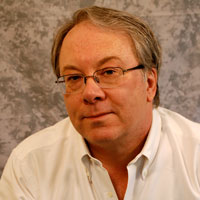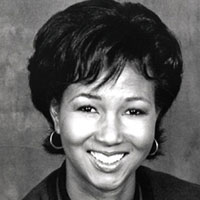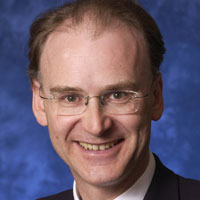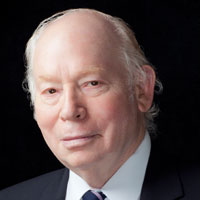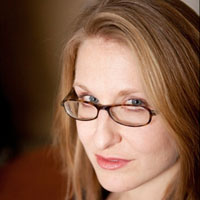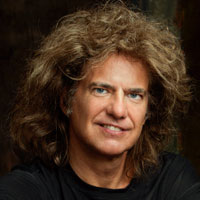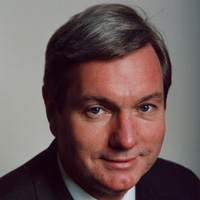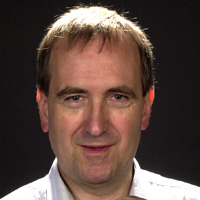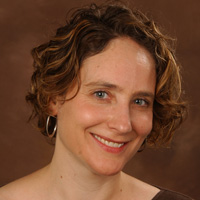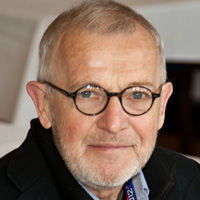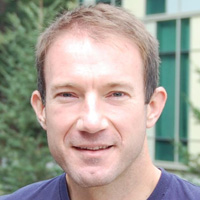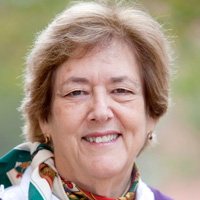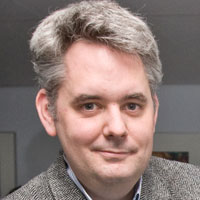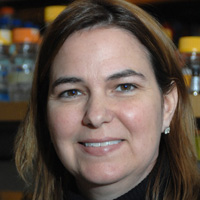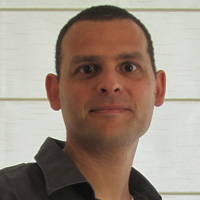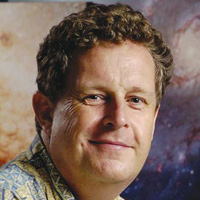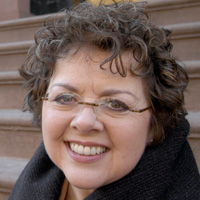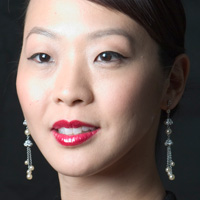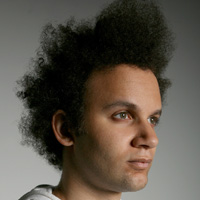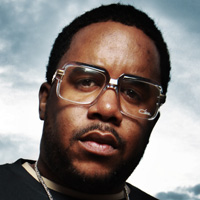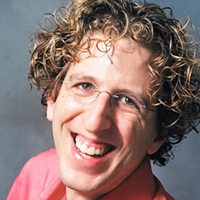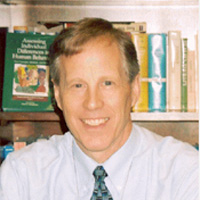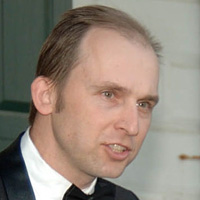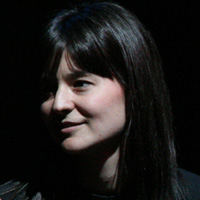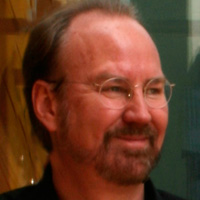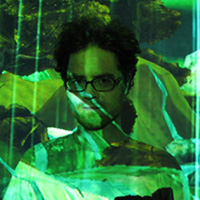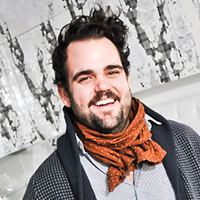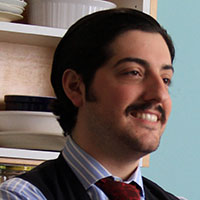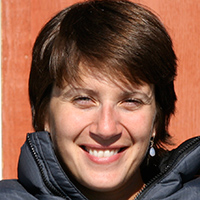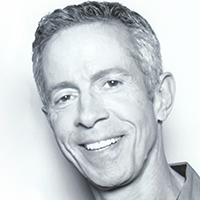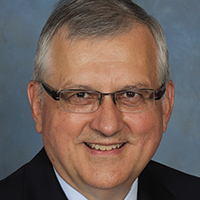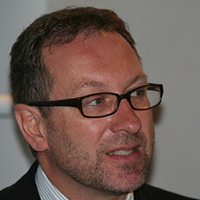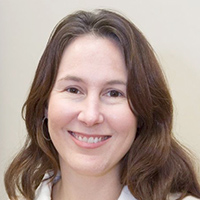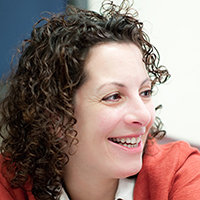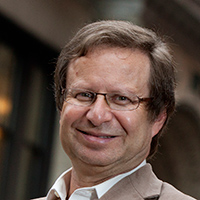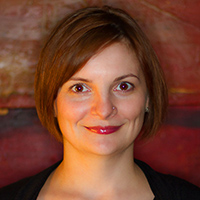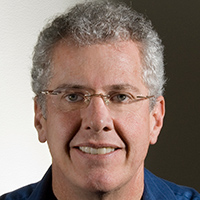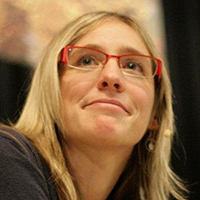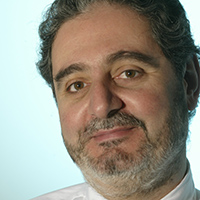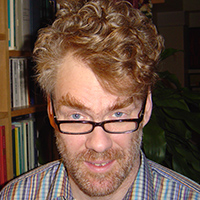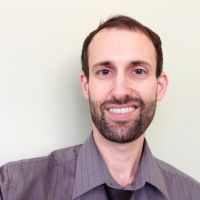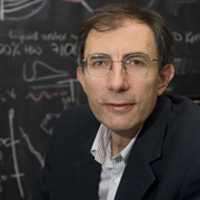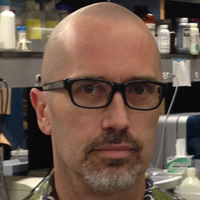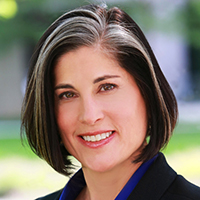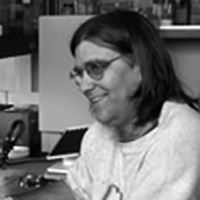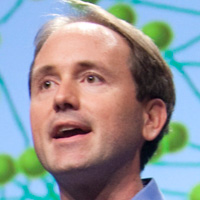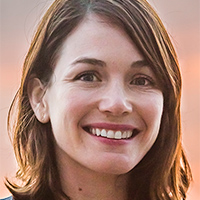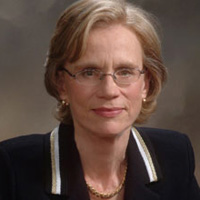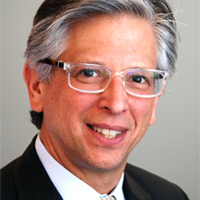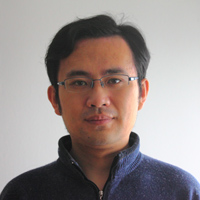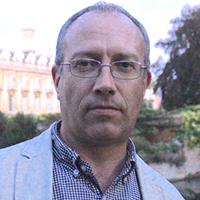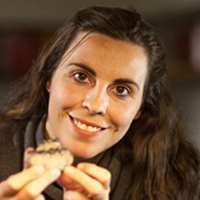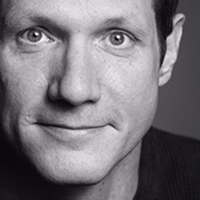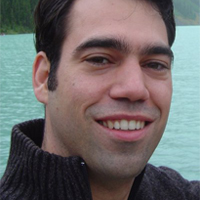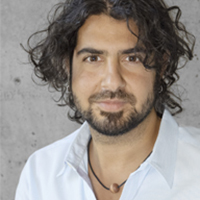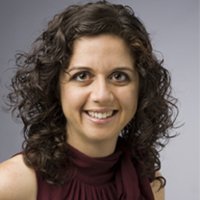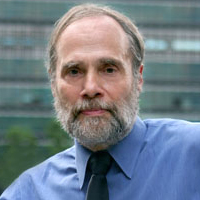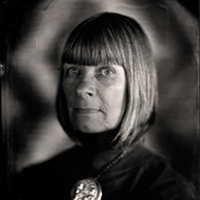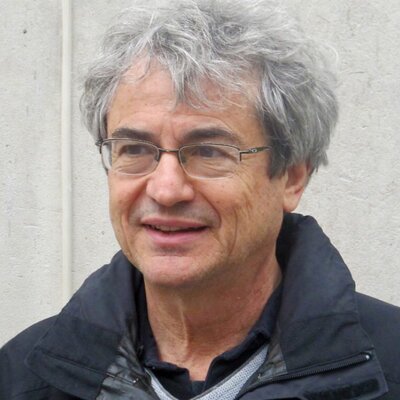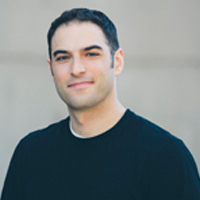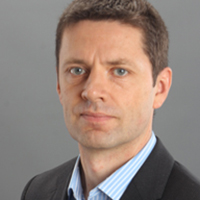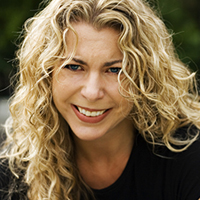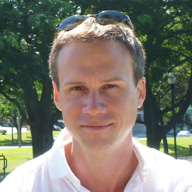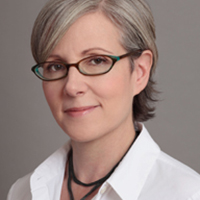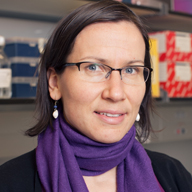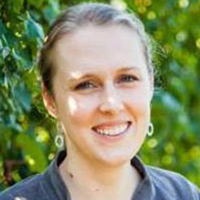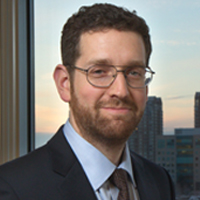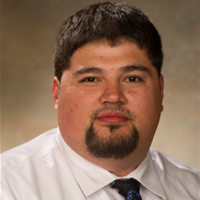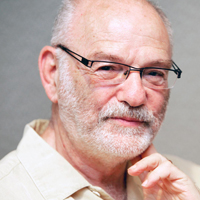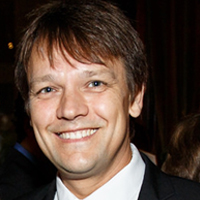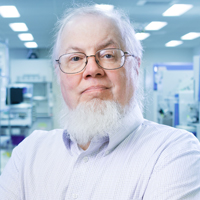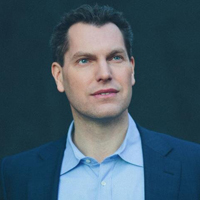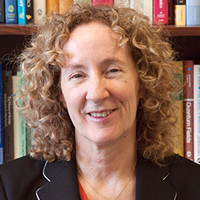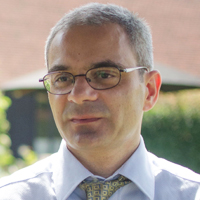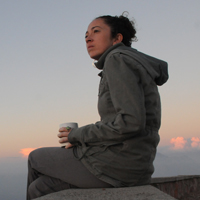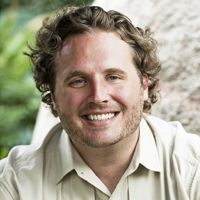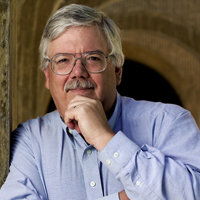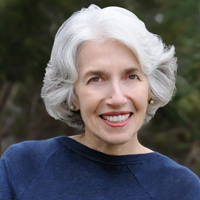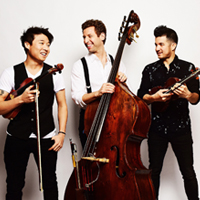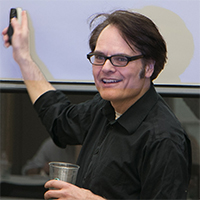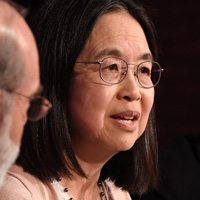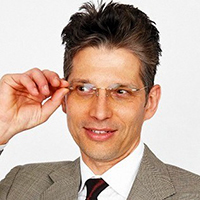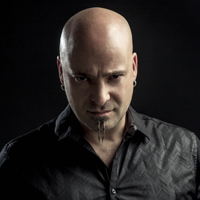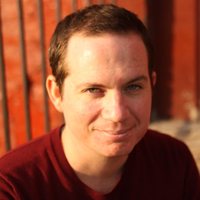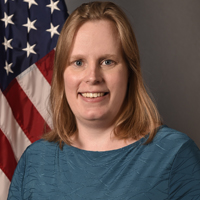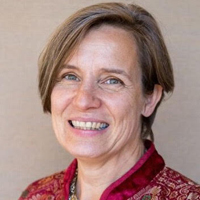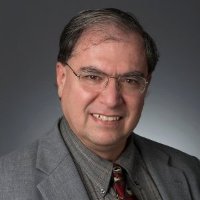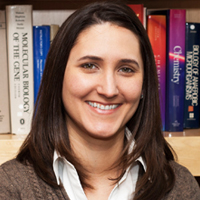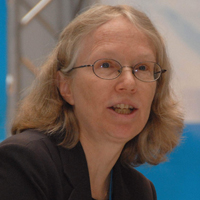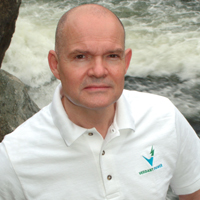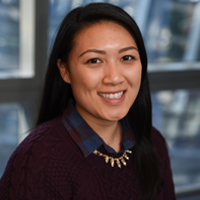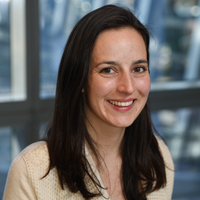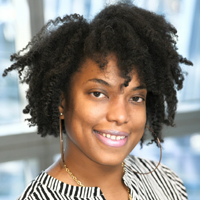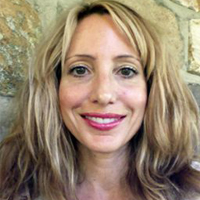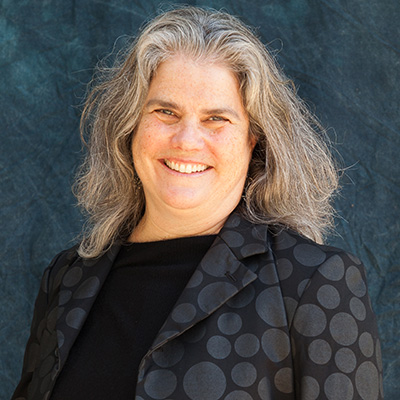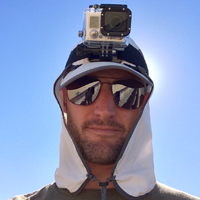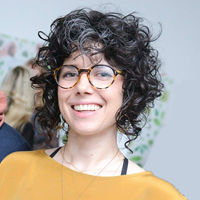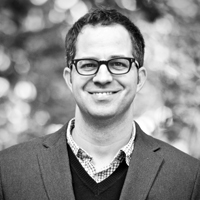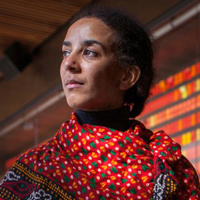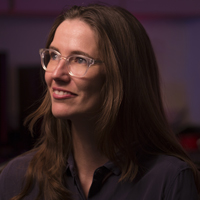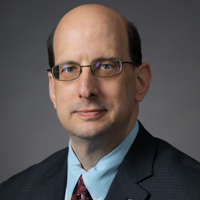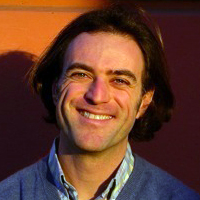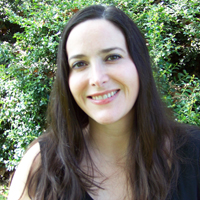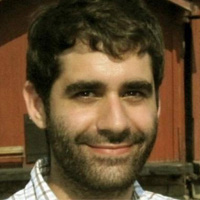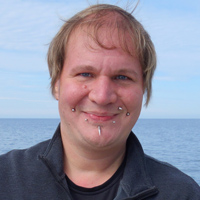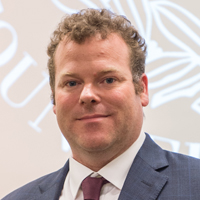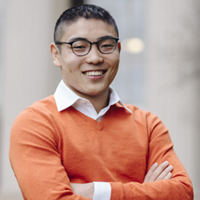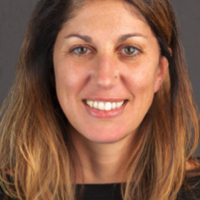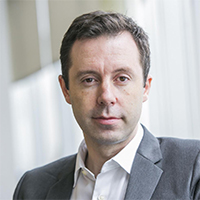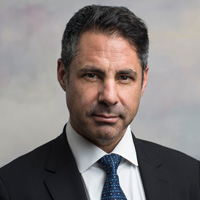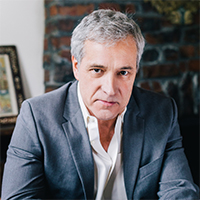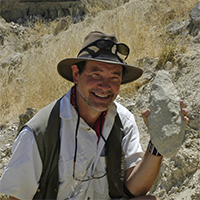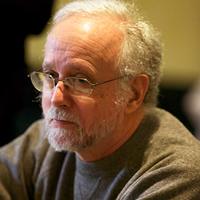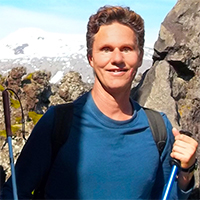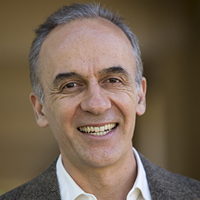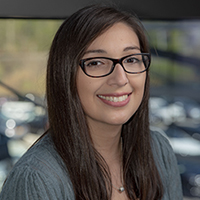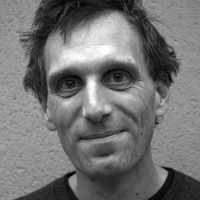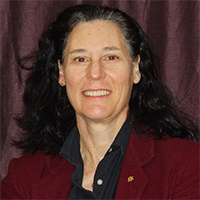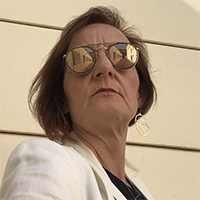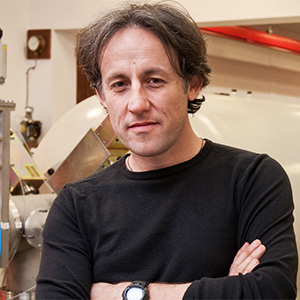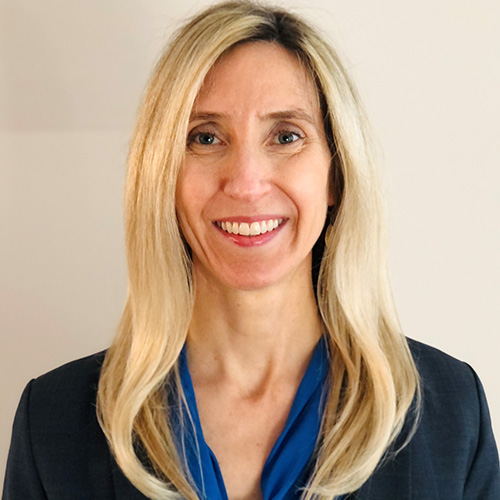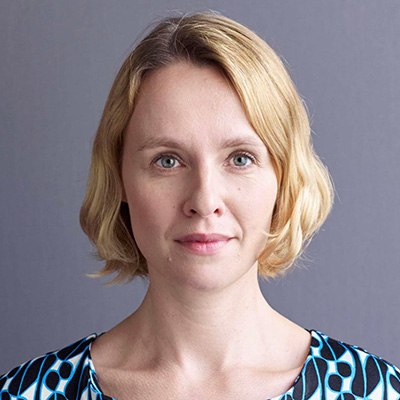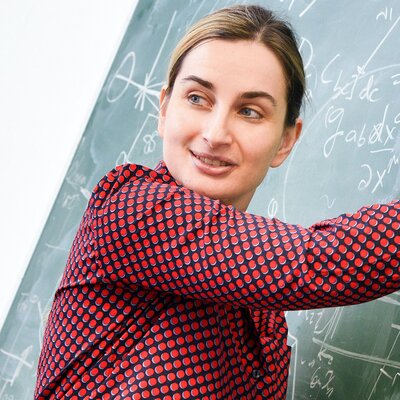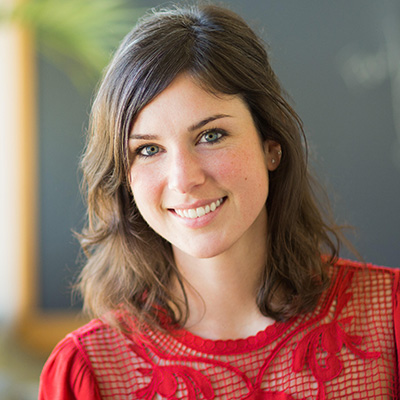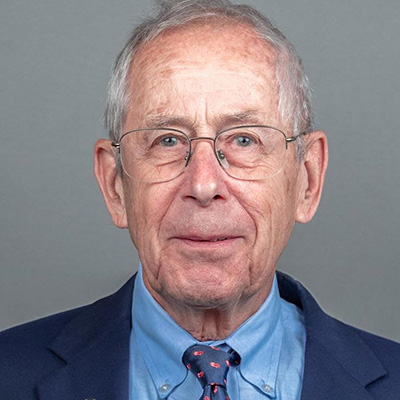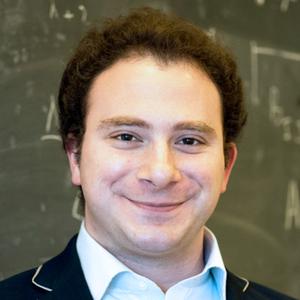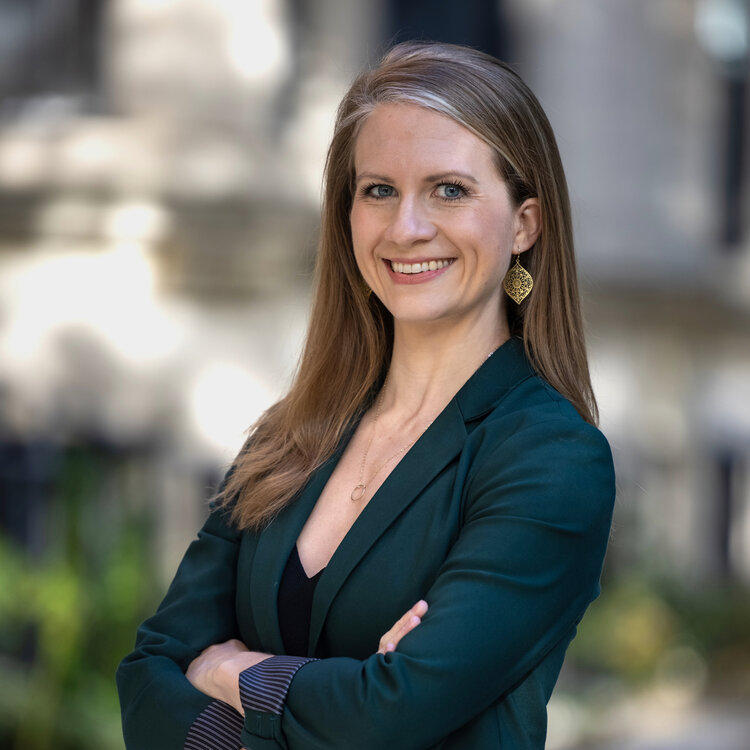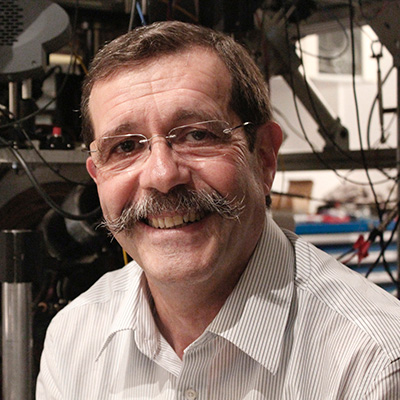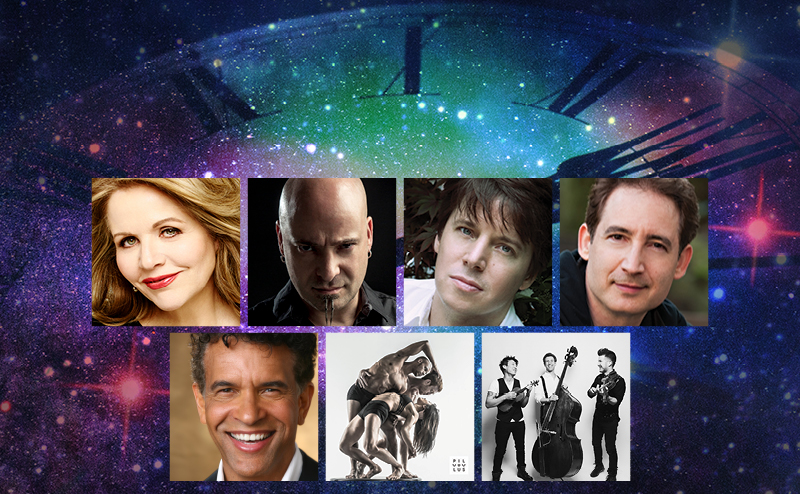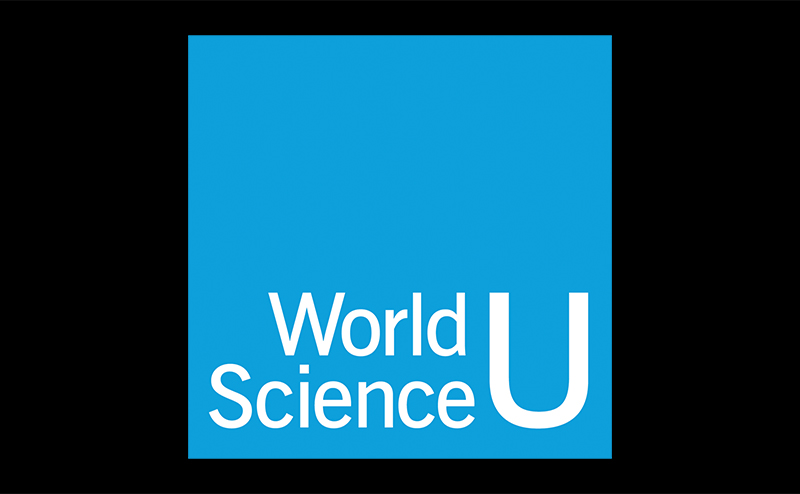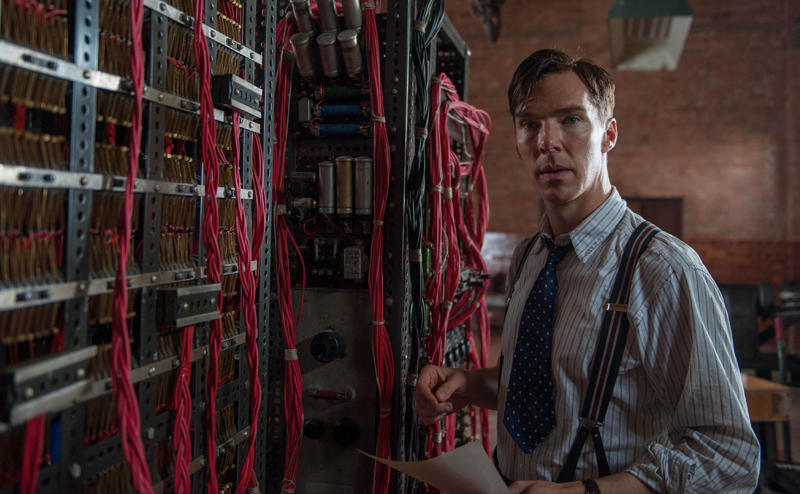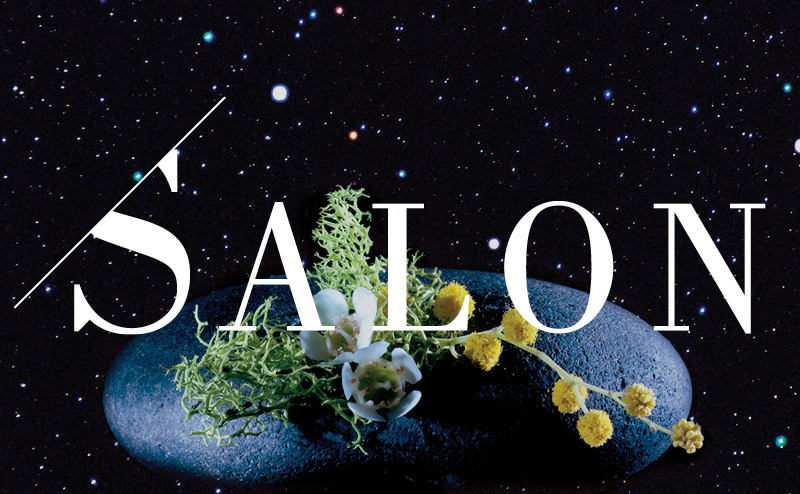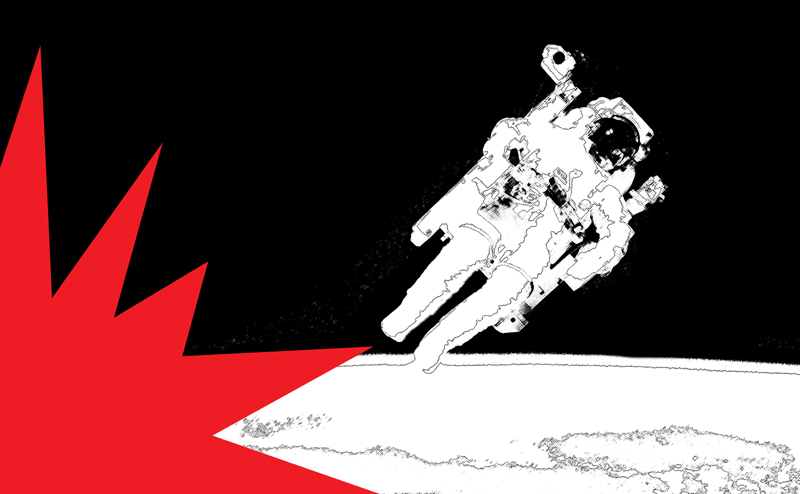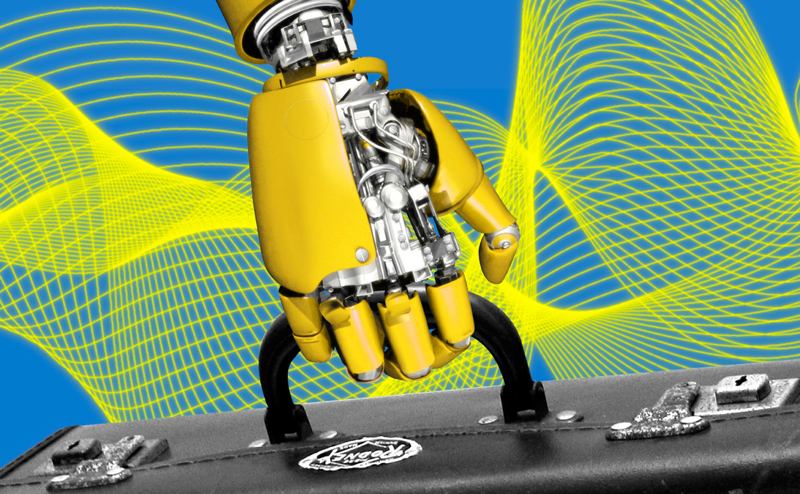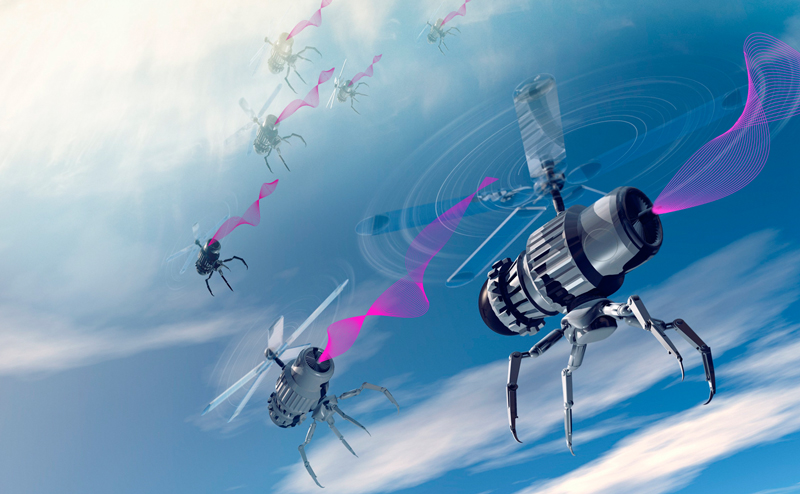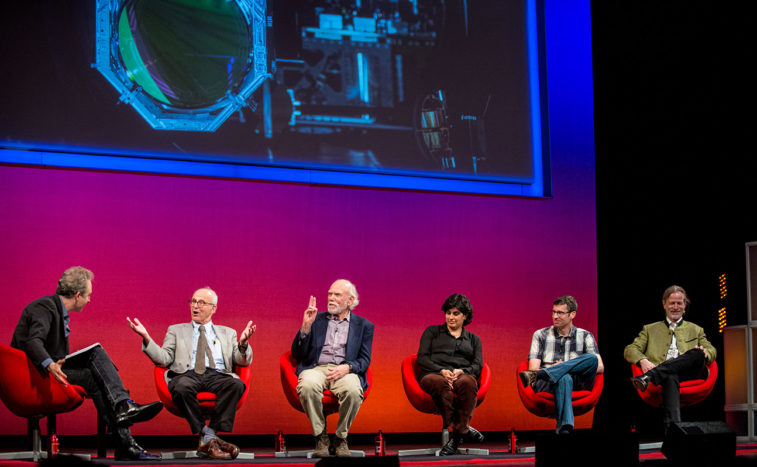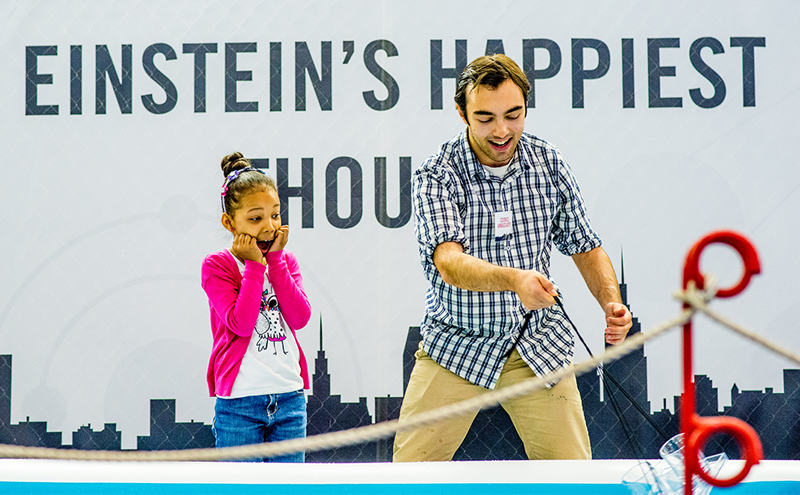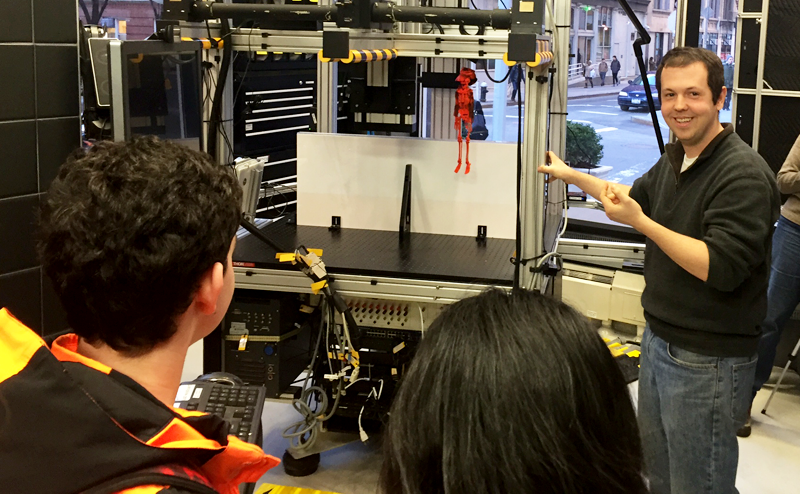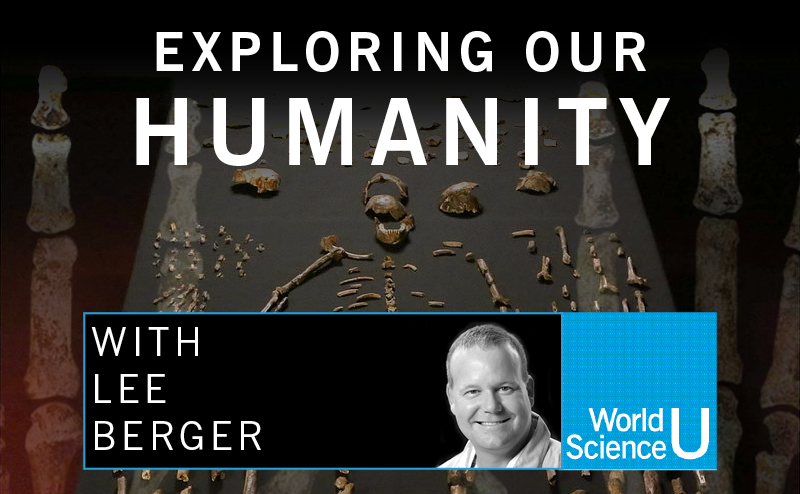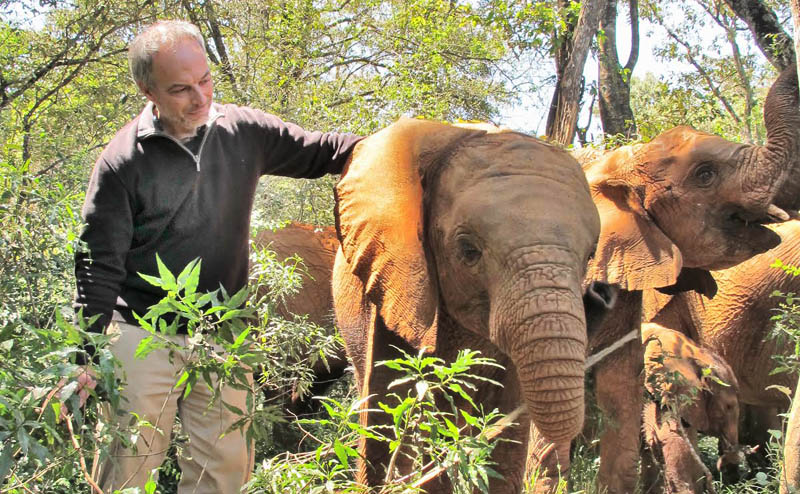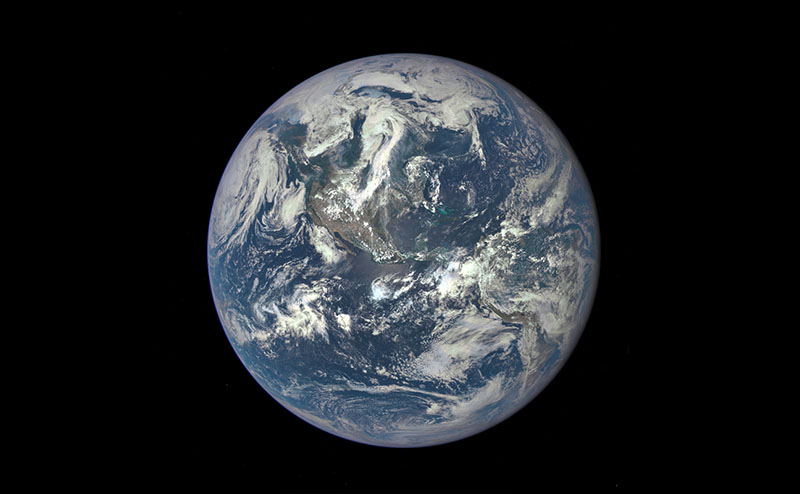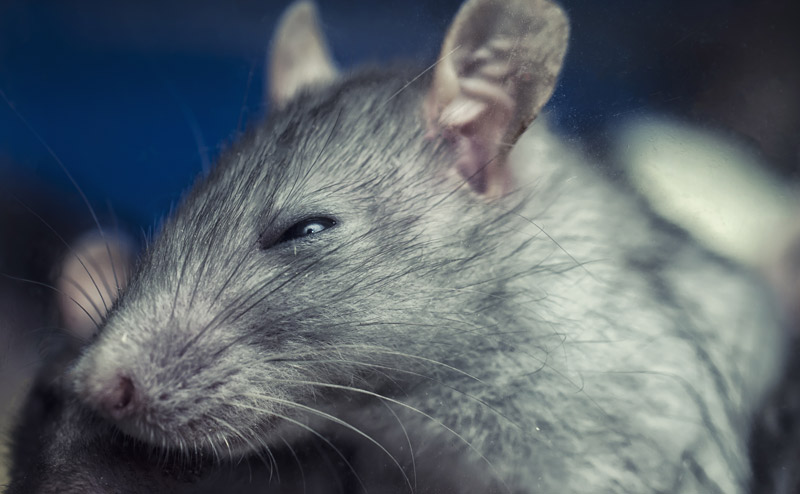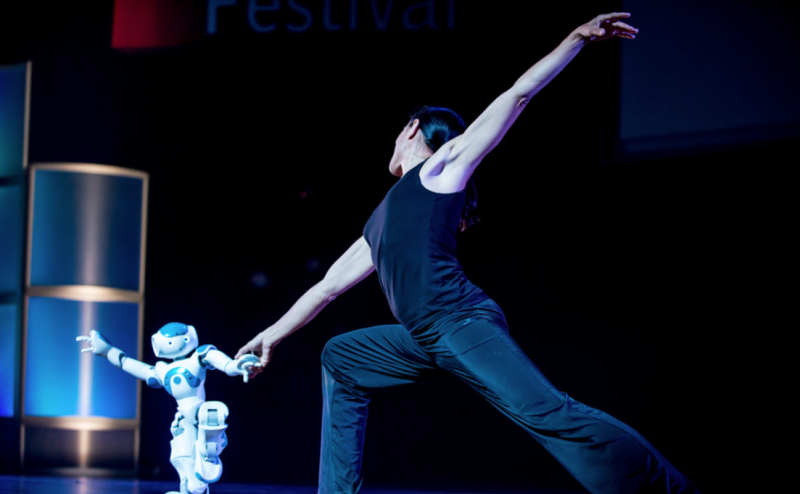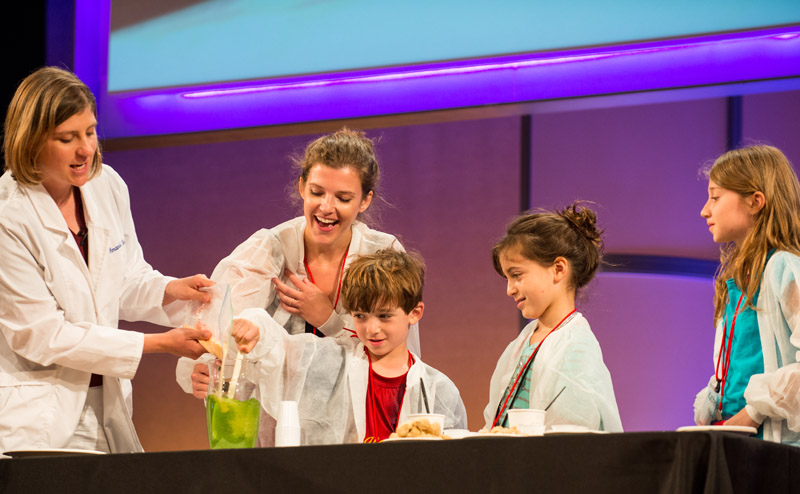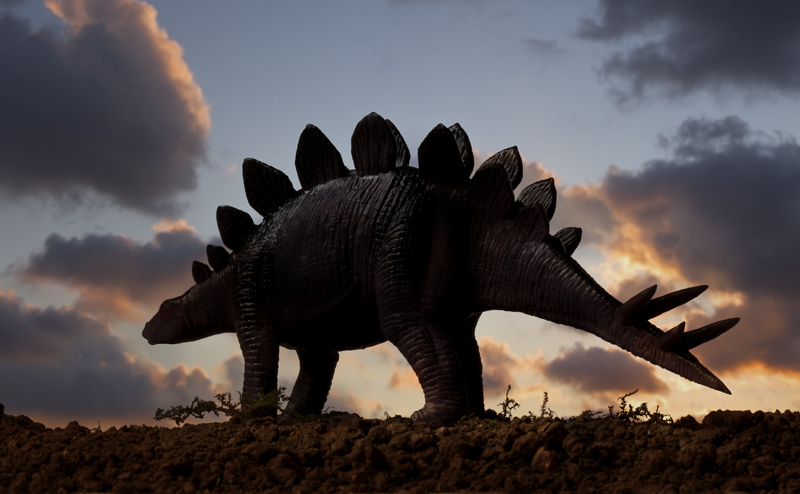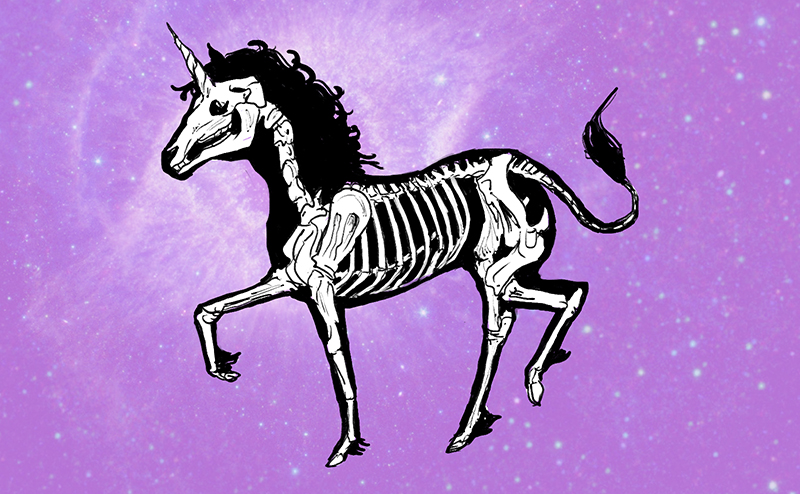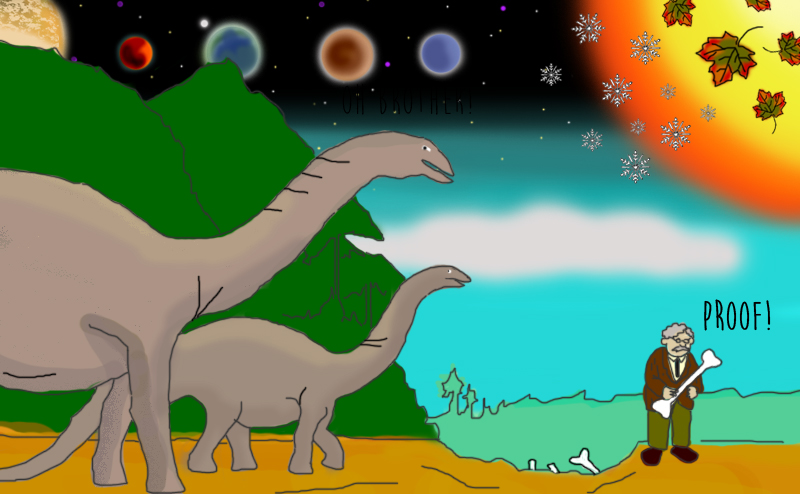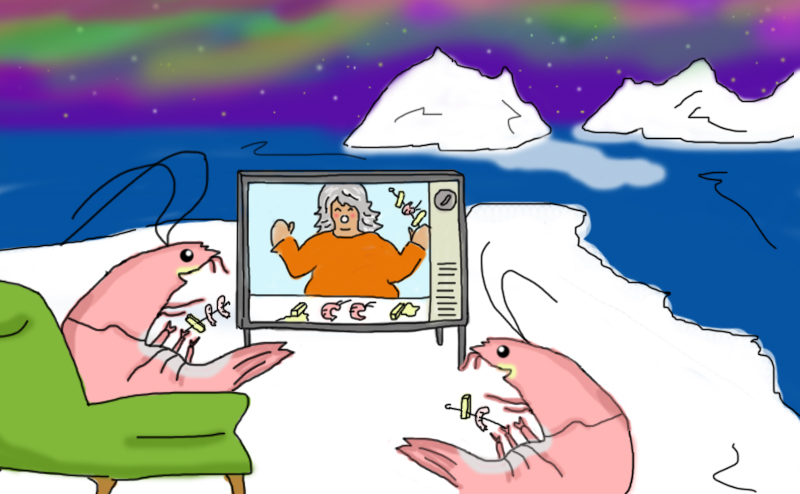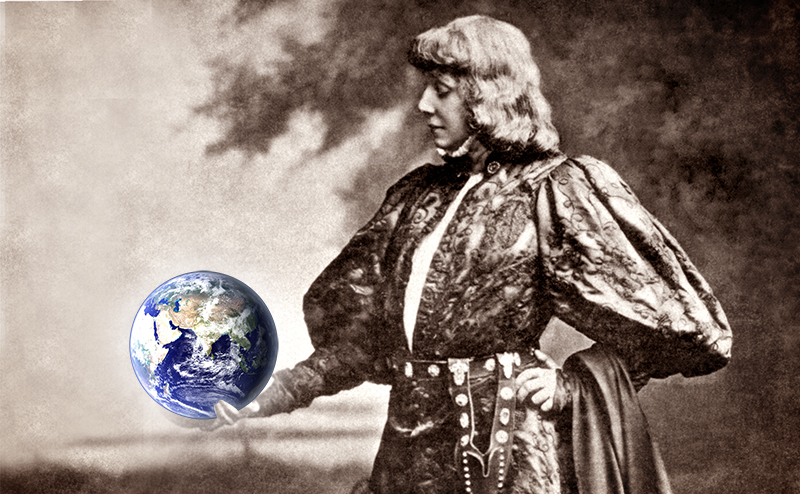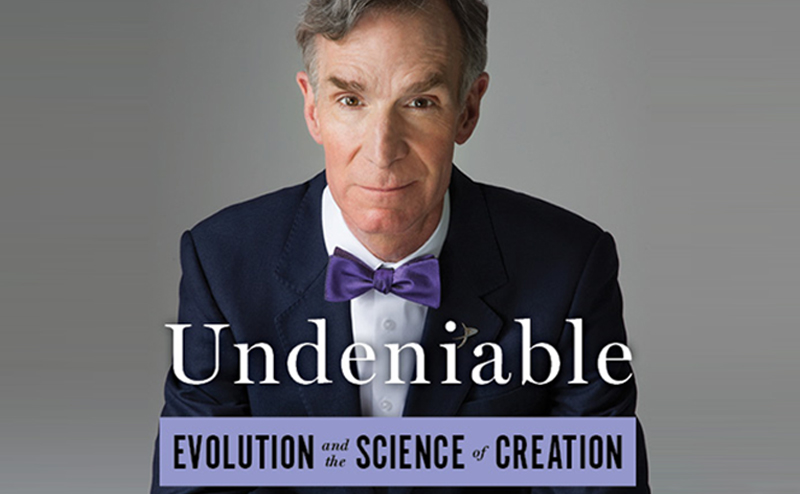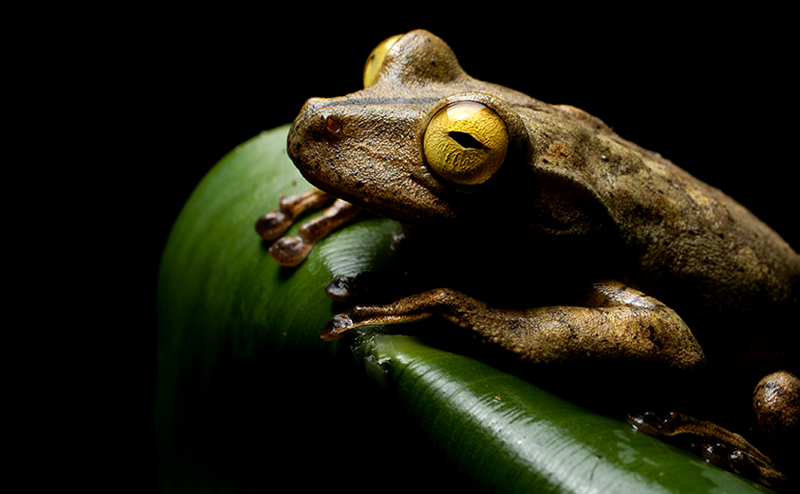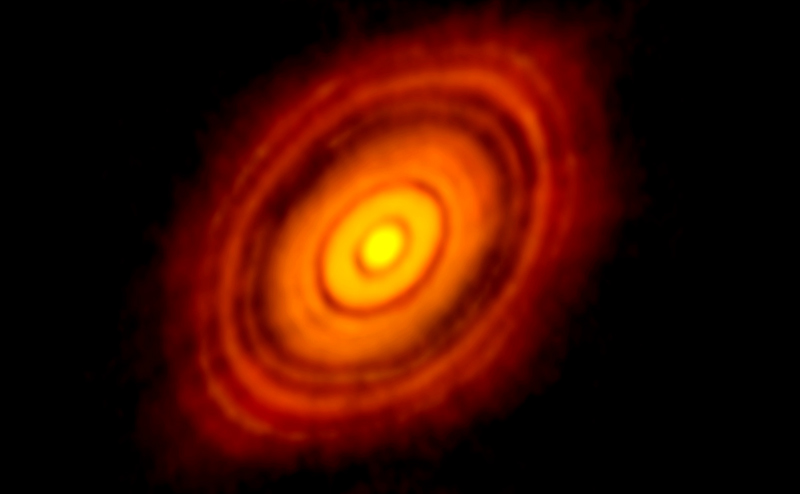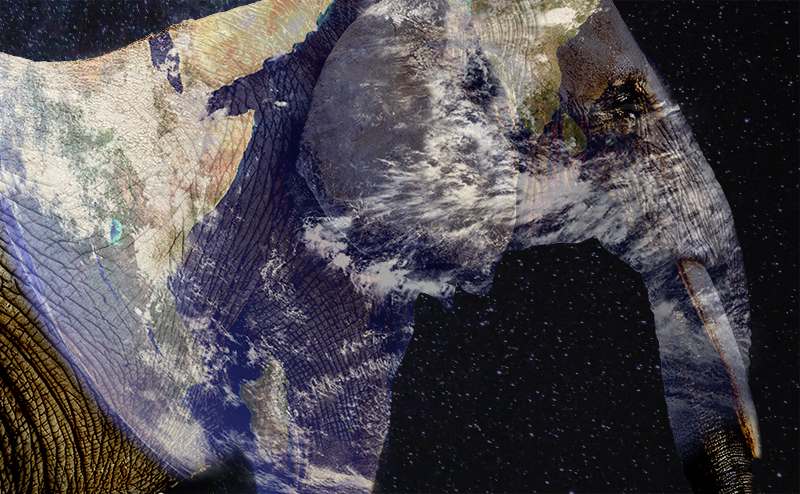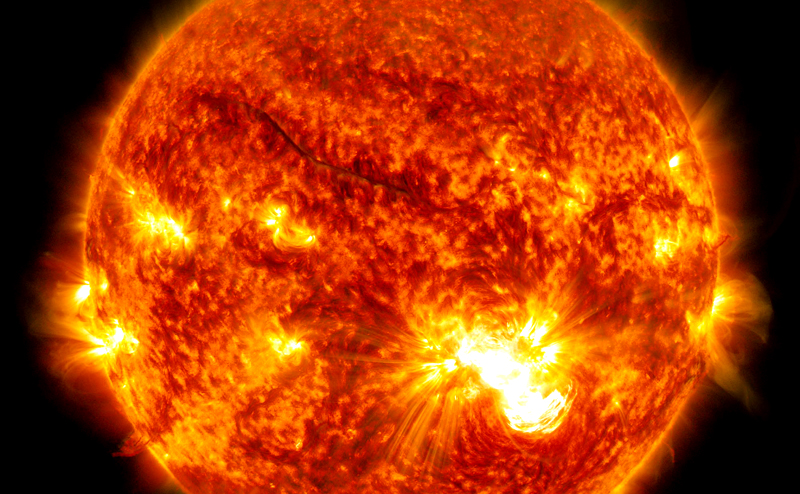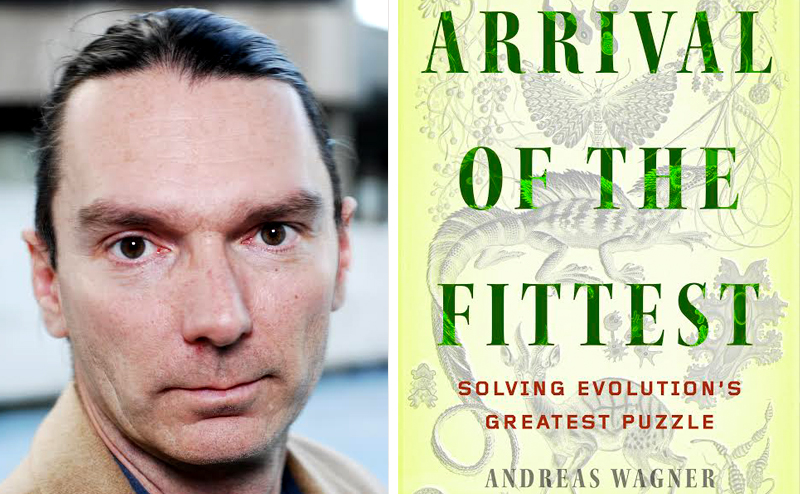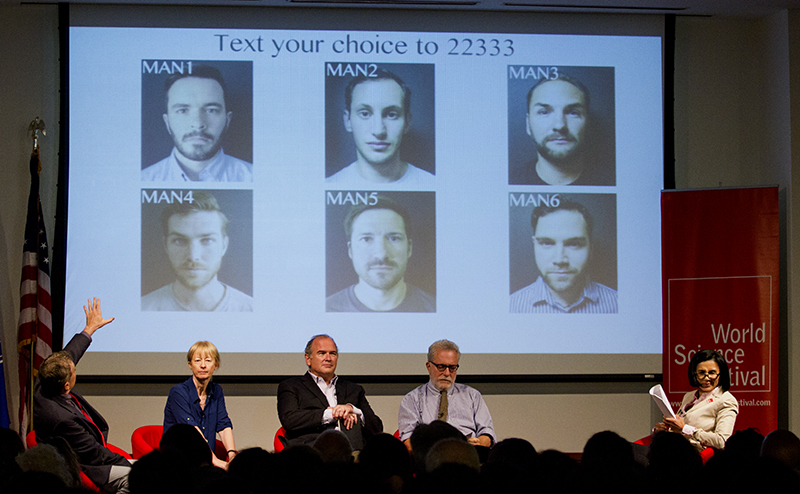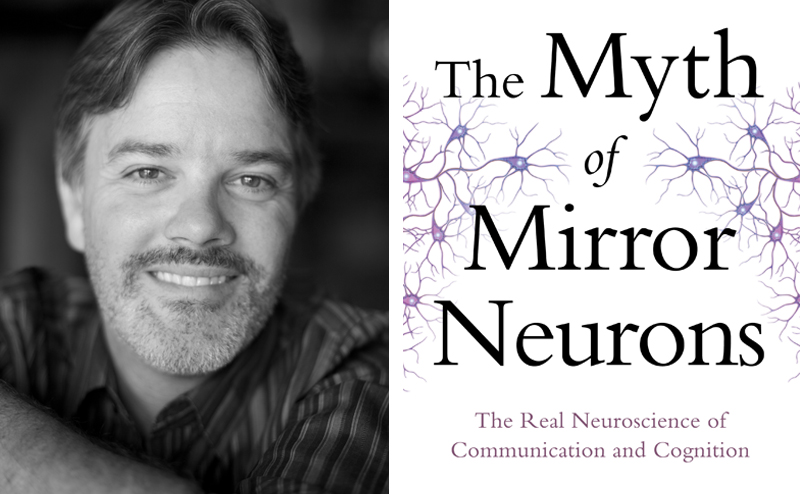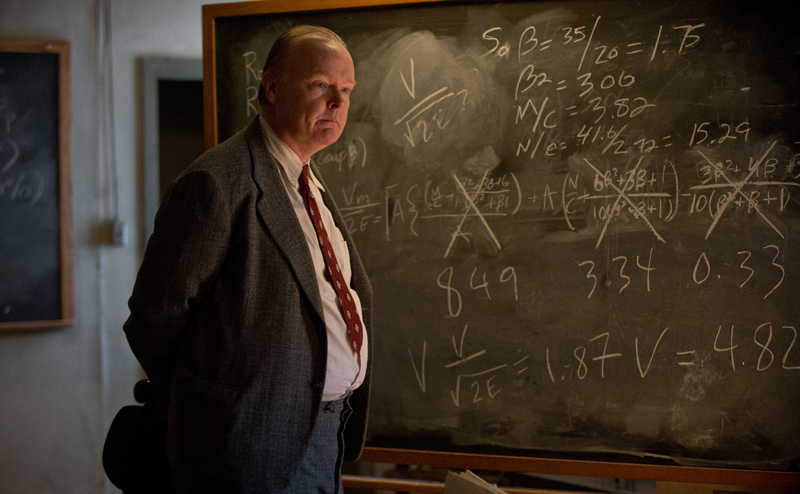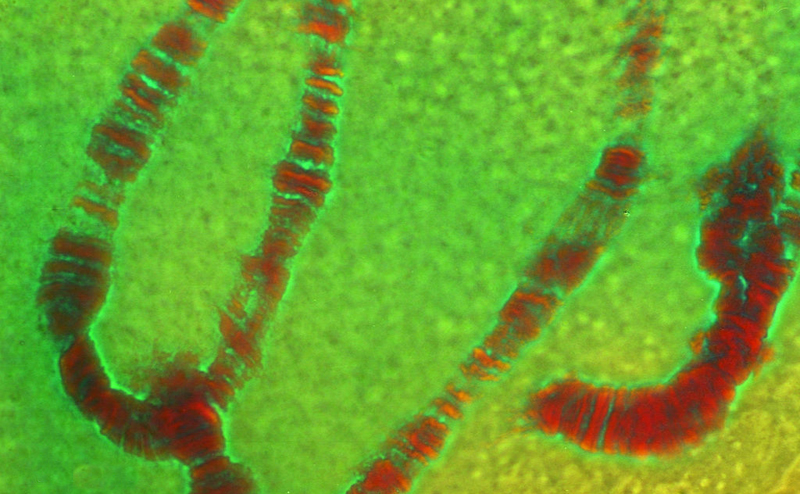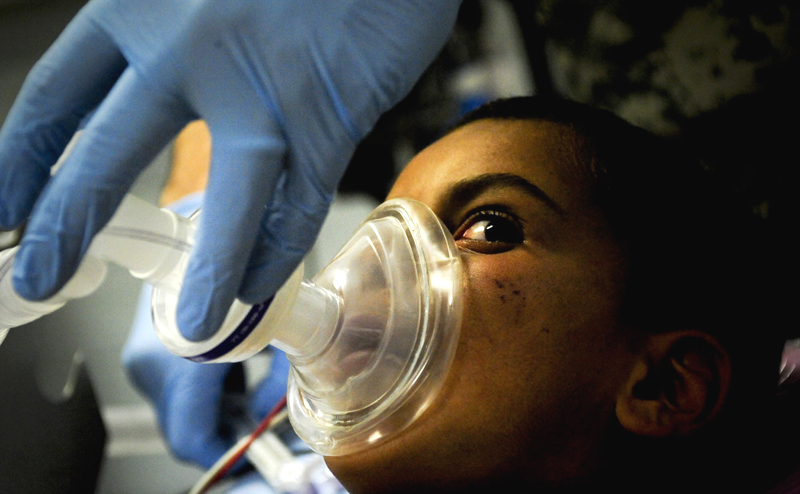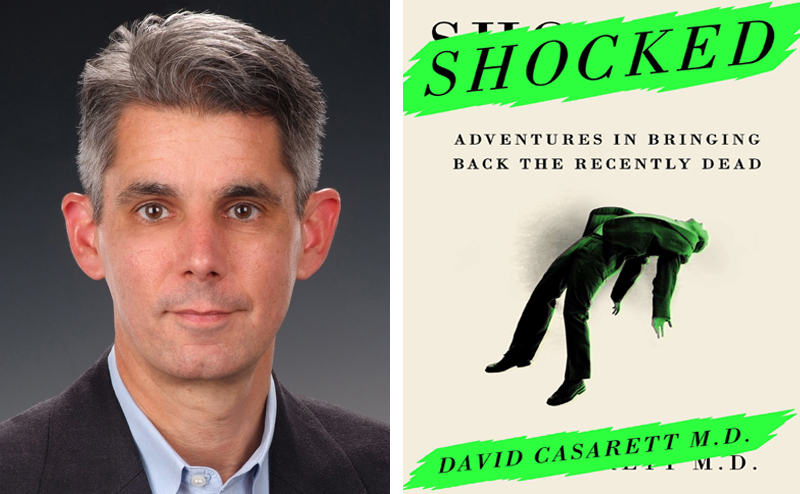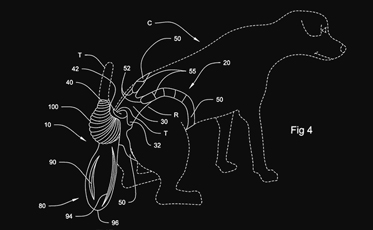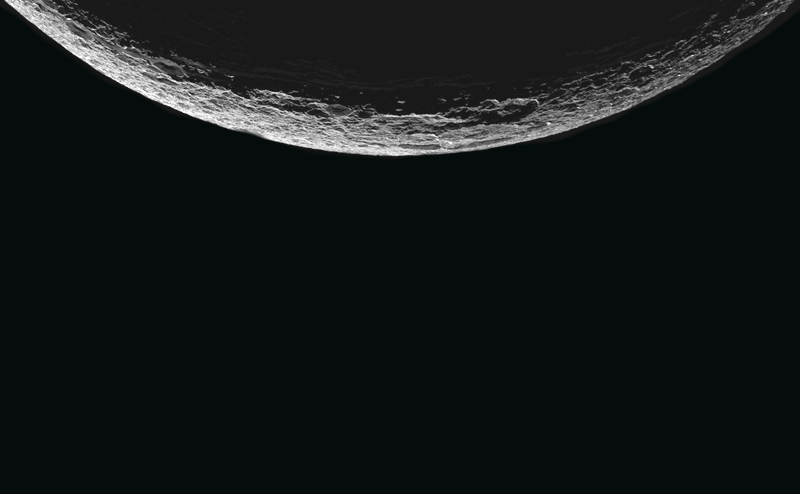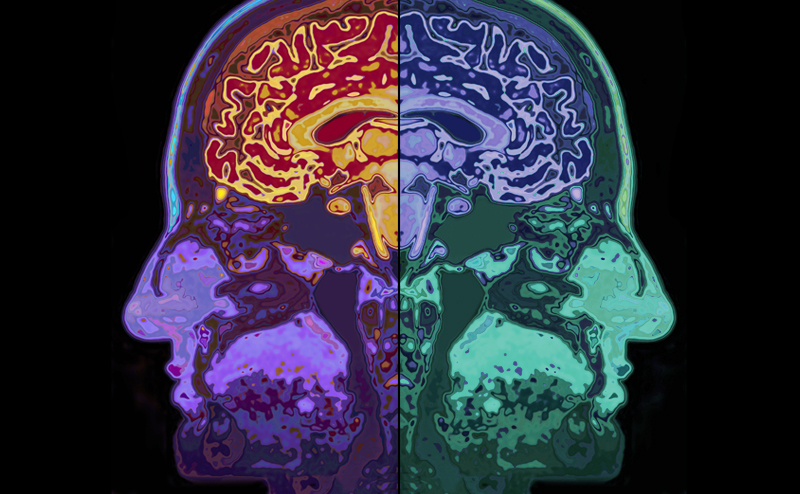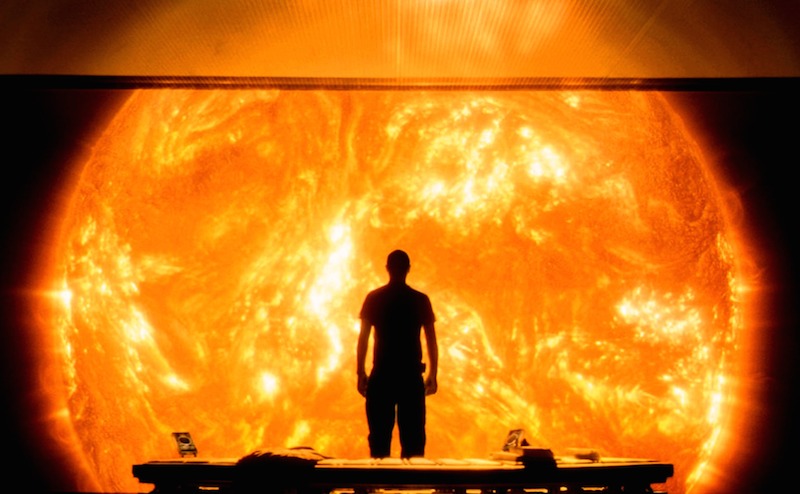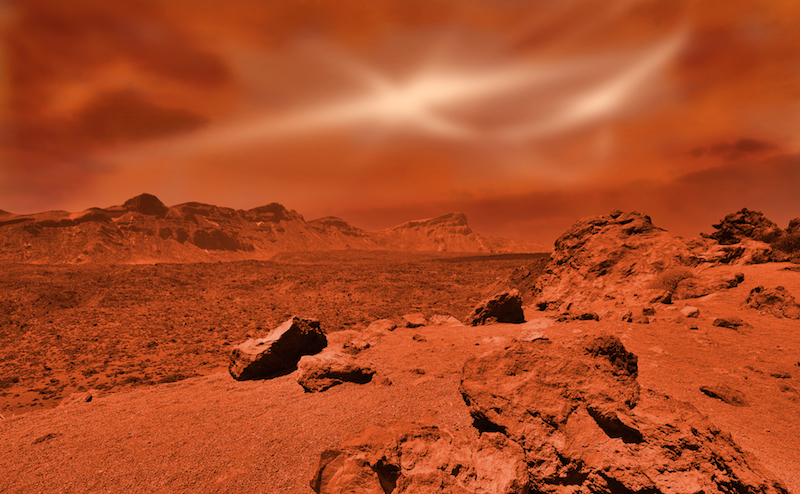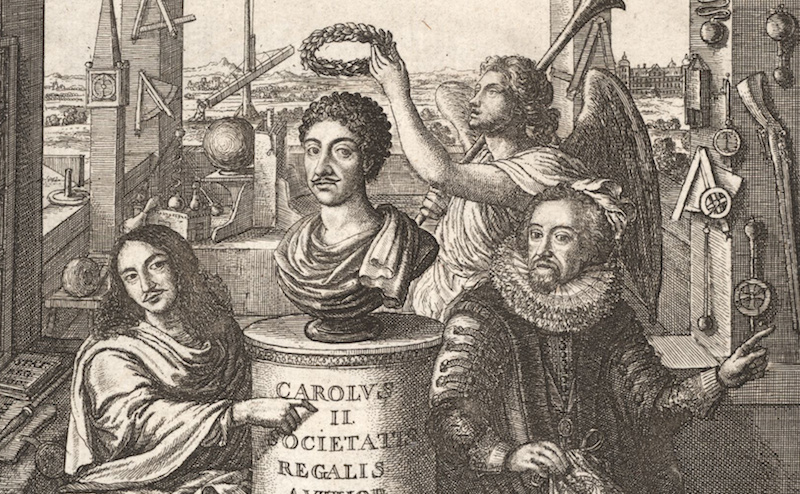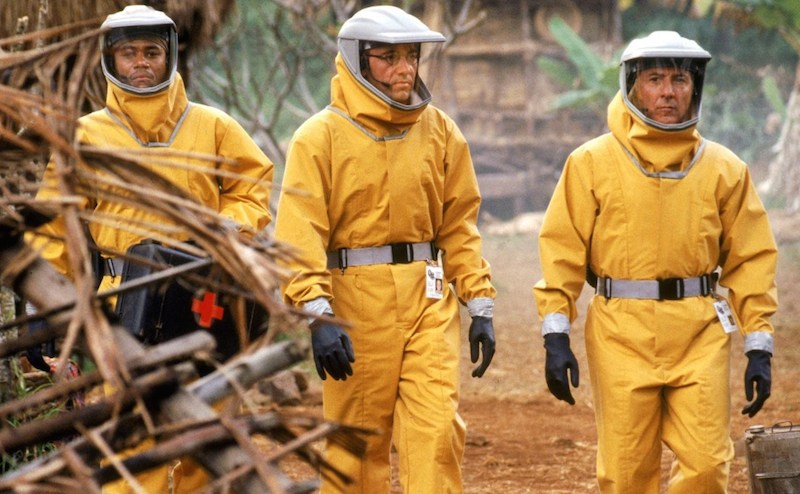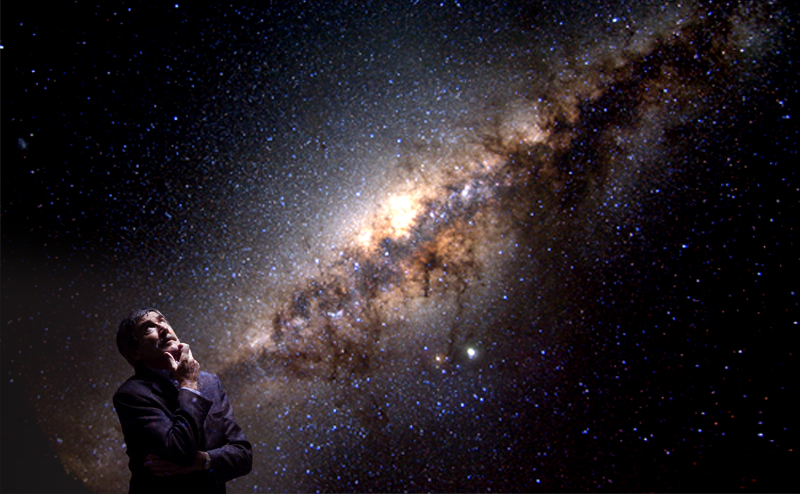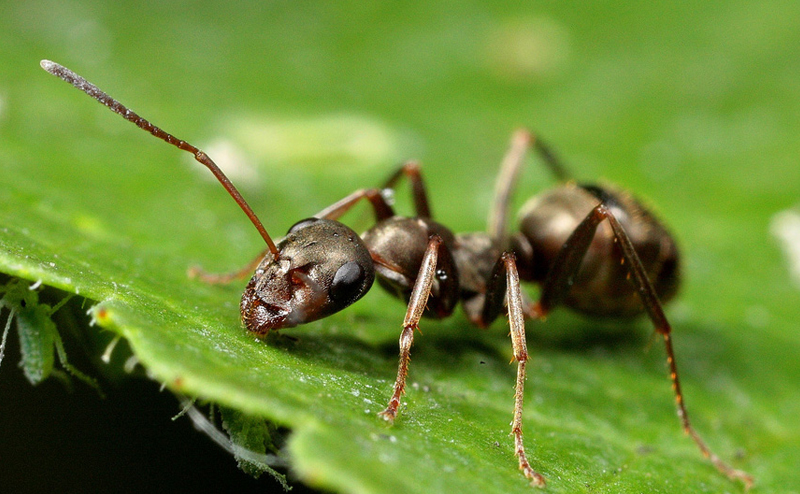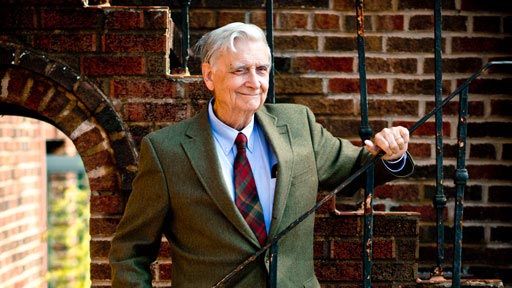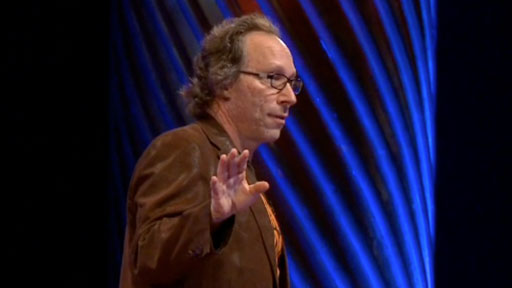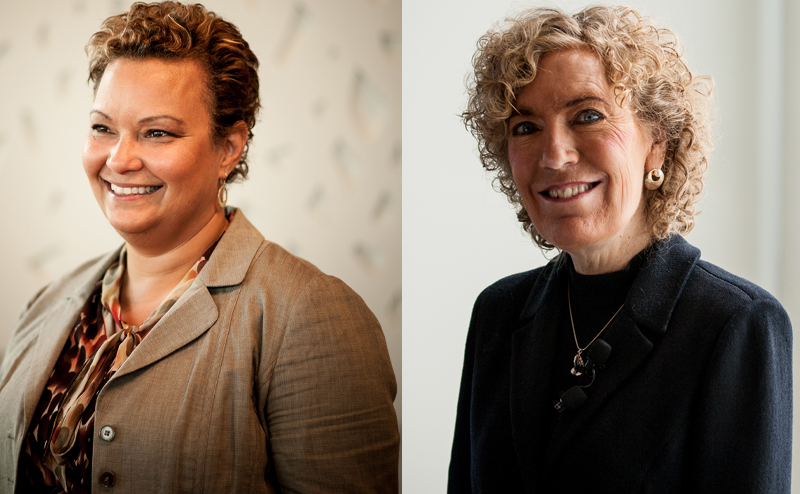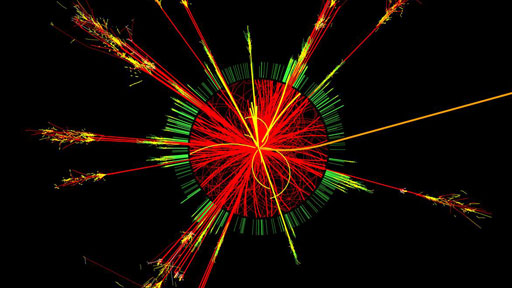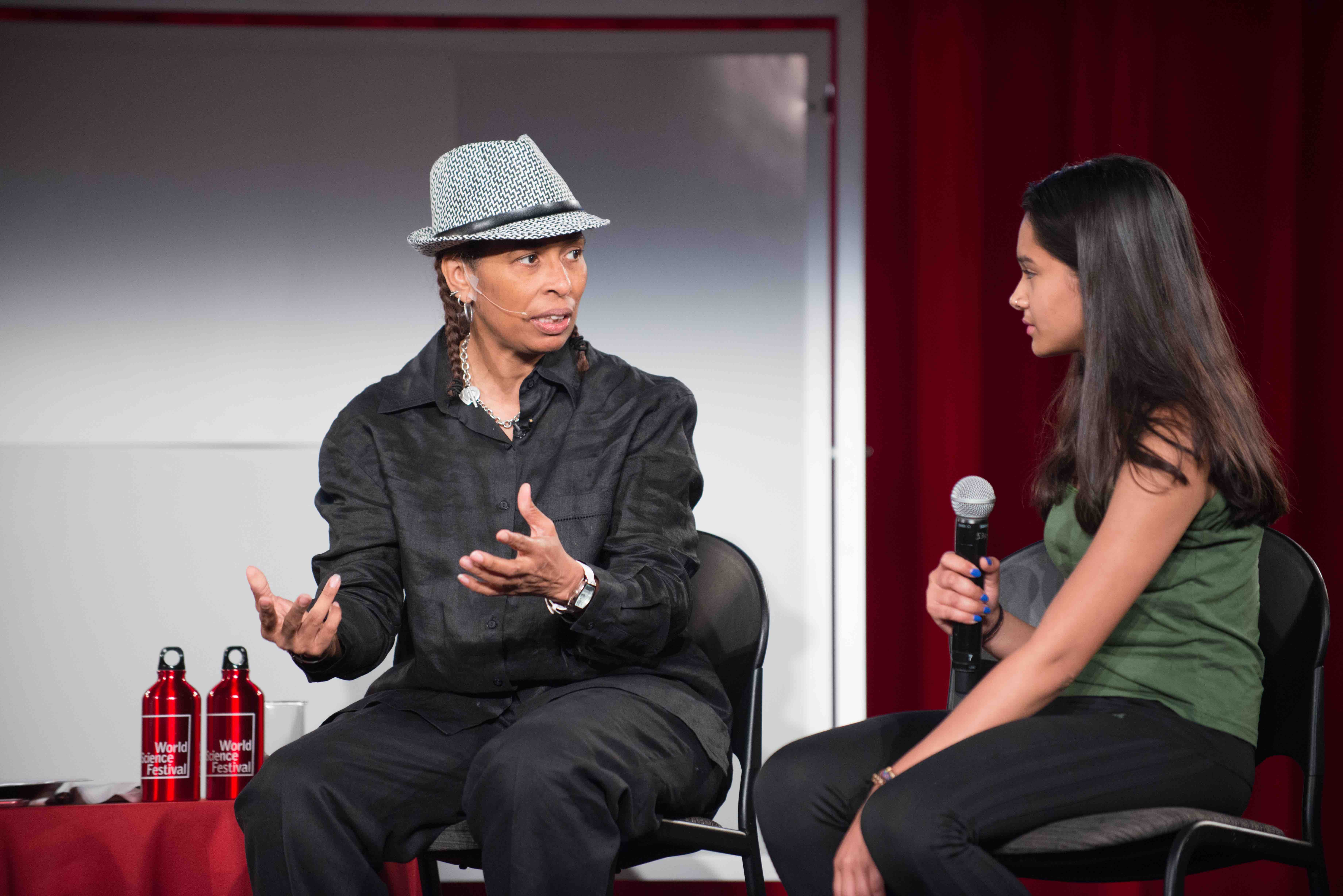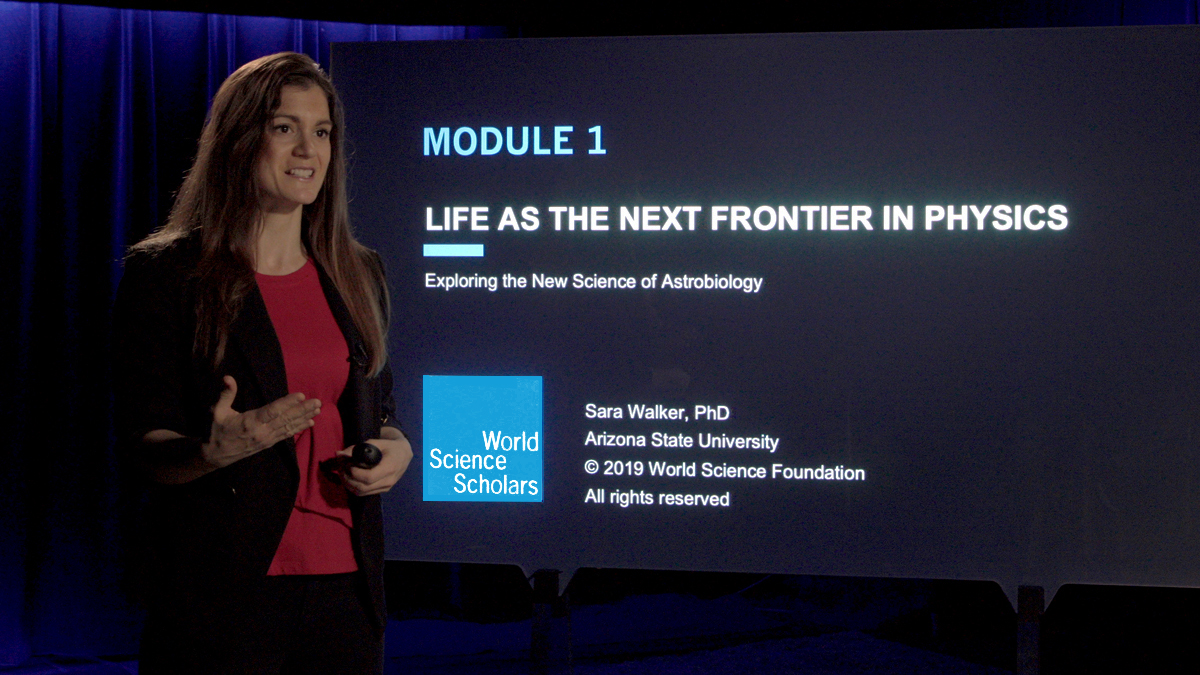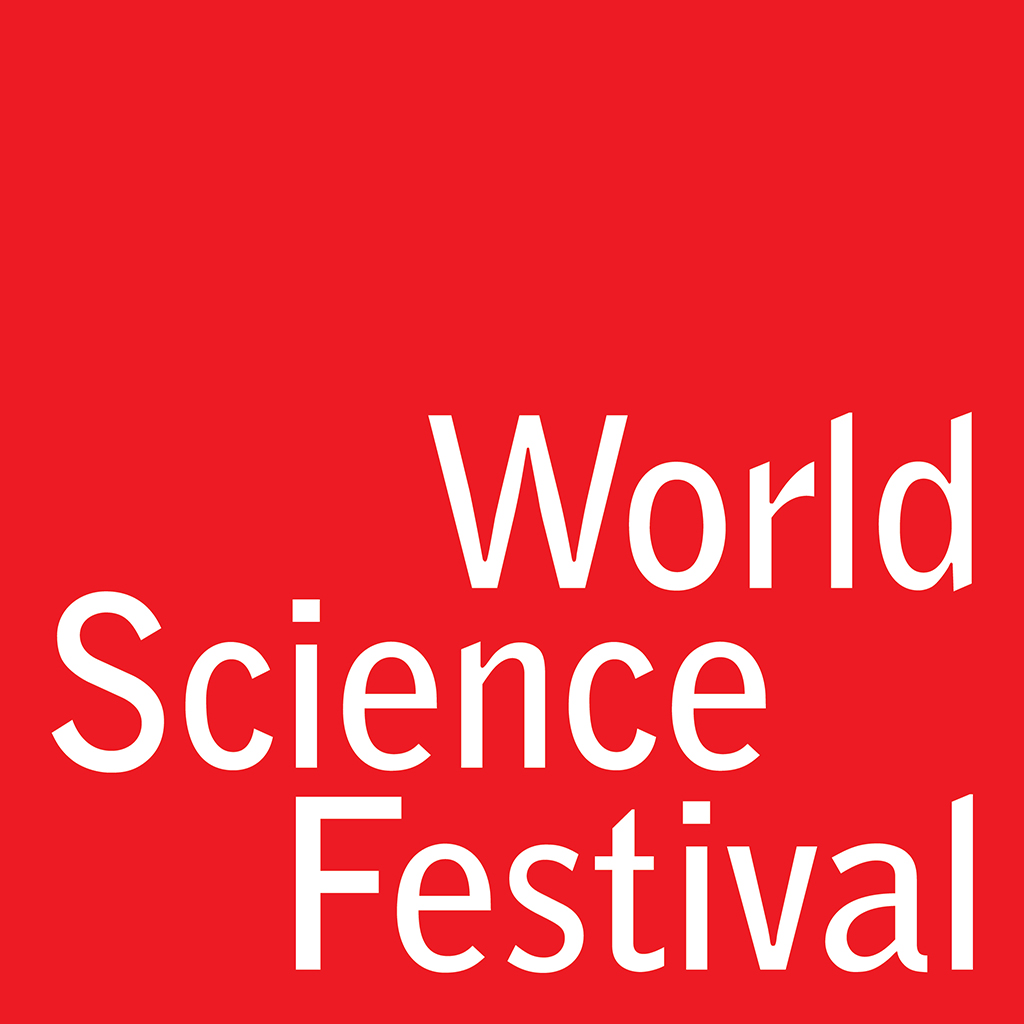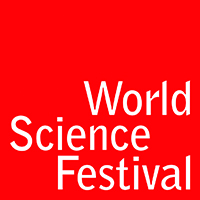Participants
Chuck Close is a visual artist noted for his highly inventive techniques used to paint the human face, and is best known for his large-scale, photo-based portrait paintings. He has also participated in nearly 800 group exhibitions. In 1988, Close was paralyzed following a rare spinal artery collapse; he continues to paint using a brush-holding device strapped to his wrist and forearm.
Read MoreLawrence Krauss is an internationally known theoretical physicist and best-selling author. His research focuses on the intersection of cosmology and elementary particle physics. Krauss’s work addresses questions about the origin of matter in the universe.
Read MoreLuciano Floridi is one of Italy’s most influential thinkers in the area of philosophy science, technology, and ethics, and is best known as the founder of two major areas of research, Information Ethics and the Philosophy of Information. Dr. Floridi is the first philosopher elected Gauss Professor by the Göttingen Academy of Sciences.
Read MoreBrian Hare is an expert in chimpanzee and bonobo behavior in African sanctuaries, and founded the Hominoid Psychology Research Group, which compares the psychology of hominoids (human and non-human ape).
Read MoreBrad Lubman, conductor/composer, is founding co-Artistic Director and Music Director of Ensemble Signal, hailed by The New York Times as “one of the most vital groups of its kind.” He has gained widespread recognition during the past two decades for his versatility, commanding technique, and insightful interpretations.
Read MoreAndré Fenton is a recognized neuroscientist, biomedical engineer, and entrepreneur. Dr. Fenton is a Professor at the Center for Neural Science at New York University.
Read MoreRai Weiss is known for his pioneering measurements of the spectrum of the cosmic microwave background radiation and his seminal leadership in the conception, design and operation of the laser interferometer gravitational wave detector; remarkable scientific achievements recognized by his roles as a co-founder and an intellectual leader of both the COBE Project and LIGO.
Read MoreMarcela Carena is an internationally renowned expert on revolutionary ideas in particle physics, ideas about to be tested at the Large Hadron Collider. She has worked closely with experimental physicists at the Fermilab and CERN laboratories developing strategies for discovery at the world’s highest-energy particle colliders.
Read MoreThe Escher String Quartet has received acclaim for its individual sound and unique cohesiveness. The quartet takes its name from Dutch graphic artist M.C. Escher; the members were inspired by Escher’s method of interplay between individual components working together to form a whole.
Read MoreMostafa A. El-Sayed is an internationally renowned nanoscience researcher whose work in the synthesis and study of the properties of nanomaterials of different shape may have applications in the treatment of cancer.
Read MoreTod Machover, called “America’s Most Wired Composer” by the Los Angeles Times, is celebrated for creating music that breaks traditional artistic and cultural boundaries.
Read MoreNobel Prize-winning physicist William Phillips is a professor at the University of Maryland and leads the Laser Cooling and Trapping Group at the National Institute of Standards and Technology.
Read MoreLiev Schreiber is considered one of the finest actors of his generation with a repertoire of resonant, humanistic and often-times gritty portrayals that have garnered him with praise in film, theater, and television. He most recently appeared in the contemporary action thriller Salt with Angelina Jolie from director Phillip Noyce.
Read MoreRosalind W. Picard is an international leader in envisioning and inventing innovative technology. Her award-winning book Affective Computing was instrumental in starting the new field by that name.
Read MoreSeth Shostak is an astronomer, lecturer and the author and editor of several books, including the 2009 Confessions of an Alien Hunter: A Scientist’s Search for Extraterrestrial Intelligence (National Geographic). For much of his career, he conducted radio astronomy research on galaxies.
Read MoreNeil deGrasse Tyson is the Frederick P. Rose Director of the Hayden Planetarium at the American Museum of Natural History in New York City. He is the author of several books and hosts the NOVA ScienceNow program on PBS. Tyson is best known as an ardent popularizer of astronomy and astrophysics.
Read MoreSarah Hrdy is Professor Emerita at the University of California, Davis. An award-winning author, Dr. Hrdy’s latest book is Mothers and Others: The Evolutionary Origins of Mutual Understanding.
Read MoreMitchell Joachim is on the faculty at Columbia University and Parsons School of Design. He is a partner in Terrefuge, a New York-based organization for philanthropic architecture and ecological design.
Read MoreMajora Carter is a green economic consultant who combines social, economic development, and region wide infrastructure needs into positive feedback systems. She has been a driving force behind some of NYC’s most progressive environmental legislation, as well as cultural acceptance of sustainable practices.
Read MoreYoon Chang joined Argonne National Laboratory in 1974 and has been responsible for leadership of advanced reactor design and fuel cycle technology development activities in positions of increasing responsibility.
Read MoreBrother Guy Consolmagno, SJ, earned undergraduate and masters’ degrees from MIT, and a Ph. D. in Planetary Science from the University of Arizona. He was a researcher at Harvard and MIT, served in the US Peace Corps (Kenya), and taught university physics at Lafayette College, Pennsylvania, before entering the Jesuits in 1989.
Read MoreDr. Robert W. Corell, Vice President of Programs & Policy for The H. John Heinz III Center for Science, Economics, and the Environment is also a Council Member for the Global Energy Assessment and a Senior Policy Fellow at the Policy Program of the American Meteorological Society.
Read MoreHugh Herr is Associate Professor at MIT and Director of the Biomechatronics group at the MIT Media Lab. His research seeks to advance technologies merging body and machine, and encompasses a diverse set of disciplines.
Read MoreAlan McDonald is Head, Programme Coordination Group, Department of Nuclear Energy, International Atomic Energy Agency (IAEA). The Department of Nuclear Energy supports interested Member States in improving the performance of nuclear power plants and the nuclear fuel cycle.
Read MoreSir Roger Penrose has made seminal contributions to our understanding of space and time. In describing the initial conditions of the universe, he provided the foundation for studying the origins of the arrow of time.
Read MoreCynthia Breazeal is an associate professor of media arts and sciences and the director of the personal robots group at the Media Lab of the Massachusetts Institute of Technology in Cambridge. She is an expert on the interaction between people and sociable robots.
Read MoreTom Crawford has been helping athletes, executives and teams across the U.S. perform at their highest levels for over 20 years — from youth programs to Major League Baseball, the National Football League and the National Basketball association.
Read MoreGordon Davidson is a Tony Award-winning theater director. He was artistic director of the renowned Center Theater Group in Los Angeles for more than thirty years. His credits include Broadway productions of Children of a Lesser God and The Shadow Box.
Read MoreAs director of the CUNY Institute for Sustainable Cities, William Solecki’s research focuses on urban environmental change, urban land use, and suburbanization.
Read MoreEugene Thacker is the author of several books and articles that combine philosophy, science, and technology, including Biomedia, The Global Genome, and The Exploit: A Theory of Networks which he co-authored with Alexander Galloway. He has collaborated with art collectives Biotech Hobbyist and the Radical Software Group.
Read MorePaleontologist Richard Leakey’s discoveries have helped shape our understanding of human origins. He is a committed conservationist and staunch advocate for the protection of Kenyan wildlife. He is the author of several books including The Sixth Extinction.
Read MoreRenowned for his groundbreaking contributions to the study of genius, Dean Keith Simonton has provided his expertise to over 400 publications on the topic, including a dozen books entitled Genius, Creativity, and Leadership; Scientific Genius; Greatness; Genius and Creativity; Origins of Genius; and more.
Read MoreHeather Knight is an electrical engineer and social roboticist who runs Marilyn Monrobot in New York, where she and her cohort create “charismatic machine performances,” as well as founding the world’s first Robot Film Festival. Knight is currently conducting her doctoral research at the intersection of robotics and entertainment at Carnegie Mellon’s Robotics Institute.
Read MoreRenowned for his influential contributions to string theory and its application in mathematics, particle physics, cosmology, and black hole physics, Herman Verlinde’s research has been widely recognized through many awards and fellowships.
Read MoreJosh Tenenbaum is a professor of Computational Cognitive Science in the Department of Brain and Cognitive Sciences at MIT, and a member of the Computer Science and Artificial Intelligence Laboratory (CSAIL). He studies learning, reasoning, and perception in humans and machines.
Read MoreCommitted to advancing discoveries in the science of aging and longevity, Leonard Guarente is recognized for his impactful contribution in identifying sirtuins, a group of related proteins that slow aging in model organisms and mitigate aging and diseases in mammals.
Read MoreSeth Mnookin’s most recent book, The Panic Virus: A True Story of Medicine, Science, and Fear, uses a combination of investigative reporting, intellectual and scientific history, and sociological analysis to explore the controversies over vaccines and their rumored connection to developmental disorders. The New York Times said it was “just what the public needs…a tour-de-force.”
Read MoreManager and research staff member of the Cryptography Research Group at IBM’s T.J. Watson Research Center, Tal Rabin’s research focuses on the general area of cryptography and, more specifically, on multiparty computations, threshold and proactive security.
Read MoreJoseph LeDoux is a professor of neural science at NYU and director of the Emotional Brain Institute involving NYU and the Nathan Kline Institute. LeDoux’s research is focused on the brain mechanisms of emotion and memory. He is the author of The Emotional Brain: The Mysterious Underpinnings of Emotional Life.
Read MoreNiels Rattenborg aims to gain insight into the function of sleep through studying birds, the only taxonomic group to independently evolve sleep patterns like those in mammals, including humans.
Read MoreSmell scientist, entrepreneur, and author Avery N. Gilbert is a fragrance industry innovator and pioneer in the areas of olfactory mental imagery, multisensory correlates of odor perception, and the psychological factors that bias odor judgments.
Read MoreMae Jemison is a scientist, physician, astronaut, and educator. In 1992, she became the first woman astronaut of color when she flew aboard the space shuttle Endeavour as a science mission specialist.
Read MoreMatt Ridley is an English science communicator. Educated at Oxford University, where he received a doctorate in zoology, he embarked upon a career as a science writer, serving as science editor for The Economist from 1984 to 1987.
Read MoreSteven Weinberg was a professor of physics and astronomy at the University of Texas at Austin. His honors included the Nobel Prize in Physics and National Medal of Science, election to numerous academies, and 16 honorary doctoral degrees.
Read MoreMeredith Chivers is an assistant professor and Director of the Sexuality & Gender Laboratory in the Psychology Department at Queen’s University in Ontario, Canada. She received her Ph.D. in clinical psychology from Northwestern University and completed post-doctoral research training at the University of Toronto’s Centre.
Read MorePat Metheny was born in Kansas City into a musical family. Starting on trumpet at the age of 8, Metheny switched to guitar at age 12. By the age of 15, he was working regularly with the best jazz musicians in Kansas City, receiving valuable on-the-bandstand experience at an unusually young age.
Read MoreThe Stone Forest Ensemble is an avant-garde hip-hop ensemble whose core consists of strings, beatbox, and hand drumming, with the occasional inclusion of traditional Asian instruments.
Read MoreThis is a collaborative, multi-user audio-visual experience. Sensors in a table and objects combine to create a sonic experience that is different every time a piece is moved.
Read MoreMichael Osterholm is one of the nation’s foremost experts in public health, infectious disease and biosecurity. He is the director of the Center for Infectious Disease Research and Policy at the University of Minnesota.
Read MoreChris Stringer is a distinguished paleoanthropologist and a founder of the “Out of Africa” theory, the most widely accepted model for how modern humans evolved and spread across the globe.
Read MoreAmber Miller aims to understand the origin and evolution of the universe by studying the cosmic microwave background, the faint glow of light left over from the Big Bang.
Read MoreFrancis Halzen has spent over 20 years working on telescopes that detect not light, but neutrinos—tiny, high-energy particles released by violent astronomical events like exploding stars, gamma-ray bursts and crashing black holes.
Read MoreEd Green has helped pioneer the use of advanced genetic sequencing technology to read ancient DNA extracted from fossilized bones. In 2010, he and large collaboration of other scientists announced that they had used 40,000-year-old bone fragments excavated in a cave in Croatia to map out the genetic code of Neanderthals, humans’ long-dead ancestral cousins.
Read MoreAlison Brooks is Professor of Anthropology and International Affairs at the George Washington University and a founding member of the Center for the Advanced Study of Hominid Paleobiology.
Read MoreJoris Dik studied art history and classical archaeology at the University of Amsterdam, receiving his M.A. in 1997. He spent a year as a Getty Graduate Intern at the J. Paul Getty Museum in Los Angeles. After returning to the Netherlands he graduated with a PhD in chemistry, focusing on historical pigment technology.
Read MoreAngela Belcher is the W. M. Keck Professor of Energy at MIT. She combines chemistry, molecular biology and electrical engineering to understand how living things make molecular-scale materials and incorporate their tricks into new organic-inorganic hybrid technologies.
Read MoreBoaz Almog studies superconductors—materials with no electrical resistance—and their applications at Tel-Aviv University in Israel. By using exceptional superconductors, Boaz and his colleague Mishael Azoulay recently succeeded in demonstrating a phenomenon called “quantum levitation”: They trapped a superconductor disc in a powerful magnetic field, causing the disc to float uncannily in midair.
Read MoreNow in its 37th year, Orchestra of St. Luke’s (OSL) is one of America’s foremost and most versatile ensembles. St. Luke’s Chamber Ensemble consists of 22 virtuoso artists who form the artistic core of OSL.
Read MoreMatt Mountain has been the Director of the Space Telescope Science Institute since September 1, 2005. He leads the 400-person organization responsible for the science operations and education and public outreach of the Hubble Space Telescope and of its planned successor, the James Webb Space Telescope.
Read MoreLaurie Garrett is currently the senior fellow for global health at the Council on Foreign Relations in New York. Garrett is the only writer ever to have been awarded all three of the Big “Ps” of journalism: The Peabody, The Polk and The Pulitzer.
Read MoreTim Wu is an author, policy advocate, and professor at Columbia Law School, and director of the Poliak Center for the study of First Amendment Issues at Columbia Journalism School.
Read MoreHailed by Time Out New York as “one of New York’s most reliably adventurous performers”, violinist Jennifer Choi has charted a career that breaks through the conventional boundaries of solo violin, chamber music, and the art of creative improvisation.
Read MoreFor the past sixteen years, American composer Tyondai Braxton has been actively involved in music composition and performance. His music has received critical acclaim from an extraordinarily diverse expanse of the music world.
Read MoreThe fundamentals of foundational hip-hop pulsate vibrantly through the veins of the multi-dimensional artist, John Robinson. This native New Yorker has sojourned and resided in the underground scenes of New York, New Jersey, Atlanta and Los Angeles.
Read MoreEitan Grinspun is associate professor of computer science at Columbia University, and Director of the Columbia Computer Graphics Group. His research seeks to discover connections between geometry, physics, and computation.
Read MoreBruce Cuthbert, Ph.D., was named director of the Division of Adult Translational Research and Treatment Development (DATR) at the National Institute of Mental Health (NIMH) in 2010. A major component of this position involves coordinating the new Research Domain Criteria project to develop neuroscience-based criteria for studying mental disorders.
Read MoreTed Widmer is a historian who has starred in a rock and roll band, written speeches for an American president, enjoyed a lifelong love affair with cartoons, and now leads one of the most cherished libraries in the land.
Read MoreElizabeth Stark is a visiting fellow at the Yale Information Society Project and a Lecturer in Computer Science at Yale University. She is an influential open internet advocate who was deeply involved in stopping SOPA and fostering online engagement in support of internet freedom.
Read MoreKent Larson directs the Changing Places research group and co-directs the City Science Initiative at the MIT Media Laboratory. His current research is focused on responsive urban housing, new urban vehicles, ubiquitous technologies, and living lab experiments.
Read MoreMark Skwarek is a new media artist working to bridge the gap between virtual reality and the real world by using augmented reality technology. He is one of the founding members of the artist augmented reality group manifest.AR.
Read MoreGregory Hildreth has appeared in Broadway shows such as Cinderella, Peter and the Starcatcher, and Bloody Bloody Andrew Jackson. His Off-Broadway credits include roles in Peter and the Starcatcher (New York Theatre Workshop), and Bloody Bloody Andrew Jackson (The Public Theatre).
Read MoreMichael J. Cirino is the founder, principal, and executive chef of a razor, a shiny knife, a culinary performance art and experience design group. a razor, a shiny knife creates immersive experiences that break the boundaries of theater and restaurant.
Read MoreKristin Laidre is a marine mammal ecologist at the University of Washington, Seattle working at the Polar Science Center and the School of Aquatic and Fishery Sciences. She is a member of the IUCN Species Survival Commission Cetacean Specialist Group and Polar Bear Specialist Group.
Read MorePeter Staley has been a long-term AIDS and gay rights activist, first as a member of ACT UP New York, then as the founding director of TAG, the Treatment Action Group. He served on the board of the American Foundation for AIDS Research (amfAR) for 13 years.
Read MoreRandy Jirtle headed the epigenetics and imprinting laboratory at Duke University until 2012. He is presently a visiting professor at McArdle Laboratory for Cancer Research at the University of Wisconsin-Madison. Jirtle’s research interests are in epigenetics, genomic imprinting, and the fetal origins of disease susceptibility.
Read MoreRichard Matthew is a professor in the schools of social ecology and social science at the University of California at Irvine, and founding director of the Center for Unconventional Security Affairs.
Read MoreFrances A. Champagne is an associate professor in the department of psychology at Columbia University. Champagne received a master’s degree in psychiatry in 1999 and a doctoral degree in neuroscience in 2004 from McGill University.
Read MoreBeth Simone Noveck served in the White House as the first United States deputy chief technology officer and founder and director of the White House Open Government Initiative.
Read MoreSteven E. Koonin was appointed as the founding director of NYU’s Center for Urban Science and Progress in April 2012. He previously served as the U.S. Department of Energy’s second Senate-confirmed under secretary for science from 2009–2011.
Read MoreAnne E. McBride is the culinary program and editorial director for strategic initiatives at The Culinary Institute of America, where her responsibilities include leading the programming for the Worlds of Flavor® International Conference & Festival.
Read MoreRobert (Bob) Grant has 29 years of experience with HIV/AIDS research and clinical care. He is a senior investigator at the Gladstone Institute of Virology and Immunology and a professor of medicine at the University of California San Francisco.
Read MoreMelanie Boly is a neurologist and postdoctoral research fellow at the Belgian National Fund for Scientific Research and at University of Wisconsin-Madison. She conducts research investigating the neural correlates of decreased consciousness during vegetative state, anesthesia, and sleep using functional neuroimaging techniques.
Read MoreJean-Pierre Issa is a professor of medicine and director at Fels Institute for Cancer Research and Molecular Biology at Temple University. Issa’s laboratory has made important contributions to the understanding of the importance of epigenetics in the pathophysiology and treatment of cancer.
Read MoreJoel David Hamkins conducts research in mathematical and philosophical logic, particularly set theory, with a focus on the mathematics and philosophy of the infinite.
Read MoreSteve Vance is a scientist in the Planetary Chemistry and Astrobiology group at Caltech’s Jet Propulsion Laboratory in Pasadena. Dr. Vance is an Acting Staff Scientist for the Europa Clipper, a NASA mission pre-formulation study for a robotic mission, which is being conducted by JPL in partnership with Johns Hopkins University Applied Physics Laboratory in Maryland.
Read MoreDimitar Sasselov studies stars and planets at Harvard University, where he is the Phillips Professor of Astronomy. His research explores modes of interaction between light and matter. Sasselov and his team discovered several planets orbiting other stars with novel techniques that he hopes to use to find other planets like Earth.
Read MoreTodd Disotell is a biological anthropologist who researches primate and human evolution. He runs NYU’s Molecular Primatology Laboratory, a research group that has developed molecular analysis techniques and helped clarify the primate evolutionary tree.
Read MoreCatherine Ball leads a group of population geneticists, statisticians, and computer scientists and oversees the analytical approaches behind Ancestry.com’s direct-to-consumer genotyping services.
Read MoreRob DeSalle works in molecular systematics, microbial evolution, and genomics. His current research concerns the development of bioinformatic tools to handle large-scale genomics problems using phylogenetic systematic approaches.
Read MoreJames Fowler is a social scientist studying networks, behavior, evolution, and genetics. He is a professor of political science and medical genetics at the University of California, San Diego, and a 2010 Fellow of the John Simon Guggenheim Foundation.
Read MoreHilary Peddicord is a science educator for the National Oceanic and Atmospheric Administration. Her work supports the Science On a Sphere program, which uses a massive globe and projection system to explain storms, climate change, and other atmospheric patterns.
Read MoreAnn Graybiel is a neuroscientist and investigator at the McGovern Institute for Brain Research at MIT. Her research focuses on the basal ganglia, a group of forebrain structures involved in controlling movement, cognition, and habit learning.
Read MorePaul S. Weiss holds a UC Presidential Chair and is a distinguished professor of chemistry and biochemistry, and of materials science and engineering at UCLA. He served as the director of the California NanoSystems Institute and held the Fred Kavli Chair in NanoSystems Sciences.
Read MoreDr. Xichen Li works on climate modeling and climate changes in David Holland’s research group at New York University (NYU). He uses different diagnostic tools and numerical models to analyze and simulate the atmospheric circulations of the earth system, in order to study the natural variability and anthropogenic forcing to the present climate systems.
Read MoreCaleb Scharf’s research career spans cosmology, exoplanetary science, and astrobiology. He currently leads efforts at Columbia University in New York to understand the nature of exoplanets and living environments in the universe.
Read MoreBrenna Henn is principal investigator of the Henn Lab and also teaches in the Department of Ecology and Evolution at Stony Brook University, SUNY. Her expertise is the history of African populations and diverse, indigenous populations from around the world who harbor genetic, linguistic and phenotypic variation.
Read MoreMark Brokaw’s work on Broadway includes Rodgers and Hammerstein’s Cinderella, The Lyons, After Miss Julie, Cry-Baby, The Constant Wife, Reckless. He has directed at London’s Donmar Warehouse and Menier Chocolate Factory, Dublin’s Gate Theatre, and the Sydney Opera House. Brokaw is the Artistic Director of the Yale Institute for Music Theatre.
Read MoreKyle Cranmer is a physicist and a professor at New York University at the Center for Cosmology and Particle Physics and Affiliated Faculty member at NYU’s Center for Data Science. He is an experimental particle physicist working, primarily, on the Large Hadron Collider, based in Geneva, Switzerland.
Read MoreAzim Shariff is an assistant professor of psychology at the University of Oregon and the director of the Culture and Morality Lab. He graduated with his Ph.D. in Social Psychology from the University of British Columbia in 2010, before joining the UO faculty.
Read MoreTamar Kushnir is an associate professor at Cornell University and the director of the Early Childhood Cognition Laboratory. Her research examines the origins of causal and social knowledge in early childhood, and how children acquire this knowledge through play, observation, and social interaction.
Read MoreProfessor Lee R. Berger is an award-winning researcher, author, paleoanthropologist, and speaker. His explorations into human origins on the African continent, Asia, and Micronesia for the past two and a half decades have resulted in many new discoveries.
Read MoreAfter receiving a Ph.D. in biochemistry and molecular biology from Harvard, Paul Bingham spent two years at the National Institutes of Health in Research Triangle Park. He later joined the faculty of the Department of Biochemistry and Cell Biology at Stony Brook University.
Read MoreDean Falk divides her time between Florida and New Mexico. She is the Hale G. Smith Professor of Anthropology and a Distinguished Research Professor at Florida State University in Tallahassee, and she serves as a senior scholar at the School for Advanced Research in Santa Fe. Falk is interested in the evolution of the brain and cognition.
Read MoreBestselling Author
Carlo Rovelli is a theoretical physicist in the field of quantum gravity and in the history and philosophy of science. He is a co-founder of the loop approach to quantum …
Read MoreGabriela González is a professor in the Department of Physics and Astronomy at Louisiana State University (LSU), where there is a large group of people working on the detection of gravitational waves, both in theory and experiment.
Read MoreJake Hofman is a Researcher at Microsoft Research in New York City, where his work in computational social science involves applications of statistics and machine learning to large-scale social data. Prior to joining Microsoft, he was a member of the Microeconomics and Social Systems group at Yahoo! Research.
Read MoreKoos Lodewijkx is the chief technical officer for IT risk in the office of the IBM CISO. His responsibilities include the multiyear technical strategy for Cybersecurity for the IBM Corporation, technical architecture, IT risk assessment, and various IT risk policies and standards.
Read MoreShara Bailey is an associate professor in the Center for the Study of Human Origins, in the Department of Anthropology at New York University. Bailey’s research focuses on answering questions about human evolution from a dental perspective.
Read MoreTony Wilson is interested in how and why animals reproduce the way they do, and is fascinated by the remarkable reproductive diversity of aquatic organisms. Over the past decade, Wilson’s research has focused on seahorses and pipefish, a group with a unique and highly developed form of reproduction—male pregnancy.
Read MoreMindy Greenstein is a clinical psychologist, psycho-oncologist, and writer, who also serves as a consultant to the geriatric group in the Department of Psychiatry at Memorial Sloan Kettering Cancer Center.
Read MoreChristine Vogel originally trained as a biochemist in Germany, but moved to Cambridge, England, to obtain her PhD in computational and structural biology with Dr. Cyrus Chothia and Dr. Sarah Teichmann at the MRC Laboratory for Molecular Biology.
Read MoreHeather McKellar received her Ph.D. from Columbia where she studied the hippocampus, a part of the brain important for learning and memory. Now at the NYU Neuroscience Institute, she is passionate about education and runs the graduate program in Neuroscience and Physiology as well as NOGN at NYU.
Read MoreMarom Bikson is a Cattell Professor of Biomedical Engineering at the City College of New York (CCNY) of the City University of New York (CUNY) and codirector of the Neural Engineering Group at the New York Center for Biomedical Engineering.
Read MoreFrance A. Córdova is an astrophysicist and the 14th director of the National Science Foundation (NSF), the only government agency charged with advancing all fields of scientific discovery, technological innovation, and science, technology, engineering and mathematics (STEM) education.
Read MoreErick Ordoñez is currently in the Systems Engineering Group at Marshall Space Flight Center (MSFC) and the lead systems engineer for In Space Manufacturing (ISM) and Additive Construction with Mobile Emplacement (ACME) Projects at NASA MSFC.
Read MoreWendell Wallach is a consultant, ethicist, and scholar at Yale University’s Interdisciplinary Center for Bioethics. He is also a senior advisor to The Hastings Center, a fellow at the Center for Law, Science & Innovation at the Sandra Day O’Connor School of Law (Arizona State University), and a fellow at the Institute for Ethics & Emerging Technology.
Read MoreSzabolcs Marka is leader of the Columbia Experimental Gravity Group in LIGO and a professor of physics at Columbia. He has received an NSF Career Award and a Grand Challenges Explorations Award from the Bill and Melinda Gates Foundation.
Read MoreTom Knight spent most of his career in computer science and electrical engineering at MIT, before playing a major role in creating the field of synthetic biology. In 1996, he seeded interest in the field at DARPA, and built a molecular biology laboratory in the MIT computer science department.
Read MoreDuncan Watts is a principal researcher at Microsoft Research and a founding member of the MSR-NYC lab. He is also an AD White Professor at Large at Cornell University. Prior to joining MSR, he was from 2000-2007 a professor of Sociology at Columbia University, and then a principal research scientist at Yahoo! Research.
Read MoreBirgitta Whaley is Professor of Chemistry at the University of California, Berkeley, co-Director of the Berkeley Quantum Information and Computation Center, and Faculty Scientist at Lawrence Berkeley National Laboratory.
Read MoreKevin Laland is Professor of Behavioural and Evolutionary Biology at the University of St Andrews, where he is a member of the Centre for Biological Diversity, the Centre for Social learning and Cognitive Evolution, the Institute for Behavioural and Neural Sciences, and the Scottish Primate Research Group.
Read MoreDr. Jackie Faherty received a Bachelors in Science as a Physics major from the University of Notre Dame in 2001. She received her Ph.D. in Physics from Stony Brook University in 2010 with a thesis entitled the Brown Dwarf Kinematics Project, for which she received the University’s highest honors.
Read MoreCaleb Harper is the Principal Investigator and Director of the Open Agriculture (Open Ag) Initiative at the MIT Media Lab. He leads a diverse group of engineers, architects, and scientists in the exploration and development of future food systems.
Read MorePilobolus is a rebellious dance company. For 45 years, Pilobolus has tested the limits of human physicality to explore the beauty and the power of connected bodies. They continue to bring this tradition to global audiences through our post-disciplinary collaborations with some of the greatest influencers, thinkers, and creators in the world.
Read MoreHenry T. (Hank) Greely is the Deane F. and Kate Edelman Johnson Professor of Law and Professor, by courtesy, of Genetics at Stanford University. Greely graduated from Stanford and Yale Law School. He was a law clerk for Judge John Minor Wisdom on the Fifth Circuit and Justice Potter Stewart on the Supreme Court.
Read MoreDava Sobel has been writing about science for forty years, including a series of articles for The New York Times describing her month-long stint as a human subject in a laboratory study of circadian rhythm. Sobel is the author of several bestselling books about the history of astronomy.
Read MoreTime for Three (Tf3) transcends traditional classification, with high-energy performances free of conventional practices. Drawing from the members’ differing musical backgrounds, the trio performs its own arrangements of traditional repertoire with elements of classical, country western, gypsy and jazz idioms forming a blend all its own.
Read MoreDan Kahan is the Elizabeth K. Dollard Professor of Law & Professor of Psychology at Yale Law School. His primary research interests are risk perception and science communication.
Read MoreTing (C.-ting) Wu is a Professor of Genetics at Harvard Medical School. She is also Director of the Consortium for Space Genetics and Director of the Personal Genetics Education (pgEd.org) Project. She received her B.A. and Ph.D. from Harvard University and is a recipient of the NIH Director’s 2012 Pioneer Award for her laboratory’s work on genome organization and inheritance.
Read MoreDr. John R. Smith is an IBM Fellow and Manager of Multimedia and Vision at IBM T. J. Watson Research Center. He leads IBM’s Research & Development on Visual Comprehension including IBM Watson Developer Cloud Visual Recognition, Intelligent Video Analytics, and Video Understanding for Augmented Creativity.
Read MoreDr. Jerry M. Chow is the Manager of the Experimental Quantum Computing group at IBM and a Distinguished Research Staff Member. His technical expertise is in the area of design, measurement, and integration of superconducting qubits.
Read MoreFronting GRAMMY® Award-nominated multiplatinum rock leviathan Disturbed and industrial disruptor Device, vocalist, songwriter, and producer David Draiman casts an inescapable shadow over modern rock.
Read MoreSeth Fletcher is chief features editor at Scientific American. His first book, Bottled Lightning, on the lithium-ion battery and the rebirth of the electric car, was published in 2011 by Hill & Wang/FSG. His next book, currently in progress, is about a group of astronomers and their quest to take the first picture of a black hole.
Read MoreDr. Kathy-Anne (Brickman) Soderberg, Senior Research Scientist at the Air Force Research Laboratory (AFRL) Information Directorate, is the primary investigator for AFRL’s Trapped-Ion Quantum Networking group.
Read MoreAnita de Waard has a degree in low-temperature physics from Leiden University and worked in Moscow before joining Elsevier as a physics publisher in 1988. Since 1997, she has worked on bridging the gap between science publishing and computational and information technologies, collaborating with groups in Europe and the United States.
Read MoreDr. Kirk Borne is the Principal Data Scientist in the Strategic Innovation Group at Booz-Allen Hamilton since 2015. He was Professor of Astrophysics and Computational Science in the George Mason University (GMU) School of Physics, Astronomy, and Computational Sciences during 2003-2015
Read MoreDaniela Buccella is an Assistant Professor in the Department of Chemistry at New York University. Born and raised in Venezuela, she received her B.S. in Chemistry in 2002 from Simón Bolívar University in Caracas, and started research as an undergraduate in the Venezuelan Institute for Scientific Research under the supervision of Professor Roberto Sánchez-Delgado.
Read MoreDr. Cynthia Rosenzweig is a Senior Research Scientist at NASA Goddard Institute for Space Studies in New York City, where she heads the Climate Impacts Group. She is Co-Chair of the New York City Panel on Climate Change, a group of climate science experts that provides regular updates about climate change in the metropolitan region to the Mayor of New York.
Read MoreTrey Taylor co-founded Verdant Power, a New York-based company. He is a founding member of the American Council on Renewable Energy and recently founded Anchor Coalition – a project of The Ocean Foundation, a non-profit organization – dedicated to securing water and energy for our communities.
Read MoreShannon Louie is a chemist in the Global R&D Regulatory Operations & Ingredient Coordination group at Avon Products, Inc. She works with ingredient suppliers to maintain Avon’s Raw Ingredient specifications to ensure a robust safety and technical evaluation of new materials and compliance with product related regulations.
Read MoreLiz Knapp is a senior chemist in the New Technology group in Research and Development at Avon Products, Inc. In this role, she uses her skill in science and art to develop new skin care and color cosmetics. She enjoys working on teams to come up with innovations to help consumers around the world look and feel like their best selves.
Read MoreMellanie Garner is a regulatory scientist in the Regulatory Operations/Raw Ingredients group in Research and Development at Avon Products, Inc. In her time at Avon she was responsible for global regulations on new raw ingredients for consumer products, including color; skincare; and hair care products.
Read MoreSusan Schneider is the 2019 Distinguished Scholar at the Library of Congress and the Director of the AI, Mind and Society (AIMS) Group at the University of Connecticut. She writes about the fundamental nature of the self and mind.
Read MoreNobel Laureate
Andrea M. Ghez, professor of Physics and Astronomy and Lauren B. Leichtman & Arthur E. Levine chair in Astrophysics, is one of the world’s leading experts in observational astrophysics and …
Read MoreMike Meacham holds a M.Eng. in mechanical engineering from Cornell University, concentrating in vehicular design and creating off-road skateboards as part of his education. He spent the first part of his career at NASA’s Jet Propulsion Laboratory (JPL)
Read MoreMeredith Whittaker is co-founder of the AI Now Institute, a leading university institute dedicated to researching the social implications of artificial intelligence and related technologies in an interdisciplinary context.
Read MoreJay Van Bavel is an Associate Professor of Psychology & Neural Science at New York University. He conducts research on how group identities’ moral values and political beliefs shape the mind and brain.
Read MoreTimnit Gebru works in the Fairness Accountability Transparency and Ethics (FATE) group at Microsoft Research, New York. She is currently studying the ethical considerations underlying any data mining project, and methods of auditing and mitigating bias in sociotechnical systems.
Read MoreJocelyn Read is an assistant professor in the Gravitational Wave Physics and Astronomy Center of California State University, Fullerton. She has spent more than a decade studying neutron star astrophysics and gravitational waves.
Read MoreDr. Scott M. Smith leads the Nutritional Biochemistry Laboratory at the NASA Johnson Space Center. This group is charged with keeping crews healthy with respect to nutrition, including using nutrition as a means to optimize astronaut health and safety.
Read MoreAndrea Pocar joined the physics faculty at UMass-Amherst in 2009, where his research in experimental nuclear/particle physics includes searches for neutrino-less double beta decay, for weakly-interacting dark matter particles, and solar neutrinos.
Read MoreMeagan Curtis is an Associate Professor of Psychology at Purchase College SUNY. Her research explores the evolutionary origins of music, its links with language, and the multitude of ways in which music can be utilized as a tool.
Read MoreSolon Barocas is an Assistant Professor in the Department of Information Science at Cornell University. His current research explores ethical and policy issues in artificial intelligence, particularly fairness in machine learning, methods for bringing accountability to automated decision-making, and the privacy implications of inference.
Read MoreFlorian Pinel is a Senior Technical Staff Member and Master Inventor in the Watson Content and IoT group at IBM. He is the co-inventor of IBM Chef Watson, an application that uses machine learning and natural language processing to demonstrate computational creativity and suggest original recipe ideas.
Read MoreDuncan Brown is the Charles Brightman Professor of Physics at Syracuse University. Brown has worked in gravitational-wave astronomy for 20 years and played a lead role in LIGO’s discovery of binary black hole and binary neutron star collisions. Brown’s research involves using gravitational-wave observations to understand the nature of the universe.
Read MoreMatthew Chun graduated from Jericho High School in 2014 and participated in ISEF in 2013 (4th place: Materials and Bioengineering) and 2014 (2nd place: Chemistry). Chun is currently a senior at MIT studying Mechanical Engineering.
Read MoreAmanda Bergner, MS, CGC, is the Program Director of the Genetic Counseling Graduate Program at Columbia University. She has 19 years of experience in clinical care, education, and industry work.
Read MoreOlivier Elemento, PhD is the Director of the Weill Cornell Medicine Englander Institute for Precision Medicine, an institute that focuses on using genomics and informatics to make medicine more individualized.
Read MoreDr. Stephen Ross researches the therapeutic application of psychedelic treatment models to treat psychiatric and addictive disorders. He is an expert in psycho-oncology and is studying novel pharmacologic-psychosocial approaches to treating psychological and existential distress associated with advanced or terminal cancer.
Read MoreWilliam B. Hurlbut is a physician and adjunct professor in the Department of Neurobiology at Stanford University Medical Center. His primary areas of interest involve the ethical issues associated with advancing biomedical technology, the biological basis of moral awareness, and studies in the integration of theology and philosophy of biology.
Read MoreRick Potts, PhD, heads the Smithsonian’s Human Origins Program at the National Museum of Natural History. Since joining the Smithsonian, Potts’s research has focused on piecing together the record of Earth’s environmental change and human adaptation.
Read MoreRonald Arkin is Regents’ Professor and Director of the Mobile Robot Laboratory at Georgia Tech. He served as visiting professor at KTH Stockholm, Sabbatical Chair at Sony in Tokyo, member Robotics/AI Group at LAAS/CNRS in Toulouse, and in Queensland University of Technology and CSIRO/Brisbane.
Read MoreDaniel Kish has been an innovator in neuroscience since he learned to walk. After losing both eyes to retinal cancer by the age of 13 months, he spontaneously began to echolocate by clicking his tongue on the roof of his mouth and listening to the echoes from the environment around him to navigate.
Read MoreE.J. Chichilnisky is the John R. Adler Professor of Neurosurgery, and Professor of Ophthalmology, at Stanford University, where he has worked since 2013 after 15 years at the Salk Institute for Biological Studies.
Read MoreGloria P. Huang is a research scientist in the New Technology group in Research and Development at Avon Products, Inc. She works to develop innovations for skin care and color cosmetics by combining her love of research and collaboration to help uncover ways to delight consumers around the world.
Read MoreStefano Scarani is the founder of Tangatamanu group with Alberto Morelli. He is professor of Electroacoustic and Audiovisual composition at Musikene and associate professor in Fine Art faculty at the Universitat Politècnica de València (UPV).
Read MoreMichelle Rucker is a native of Anchorage, Alaska and a veteran of NASA. She began her career in the Houston oil industry, designing down-hole sensors while pursuing undergraduate and graduate degrees in Mechanical Engineering.
Read MoreNuria Lloret Romero PhD, is a professor of Digital Communication and collaborative online projects at Universitat Politècnica de València. Her research focuses on the use of technology to create and enable online collaborative projects.
Read MoreThomas (Tom) Higham is the author of the book The World Before Us: The New Science Behind Our Human Origins. He is a leading expert in dating ancient human remains …
Read MoreKirsten is the Research and Payloads Group Lead at the European Space Agency’s Directorate of Human and Robotic Exploration. In that role, she leads a team of expert scientists and …
Read MoreBreakthrough Prize
Jo Dunkley is a professor of Physics and Astrophysical Sciences at Princeton University. Her research is in cosmology, studying the origins and evolution of the Universe. Her major projects are …
Read MoreLise Meitner Award
Anna Ijjas is a theoretical and computational physicist, working in gravitation and cosmology, whose research is aimed at the most fundamental questions about the universe: what is the mechanism that …
Read MoreNewton Lacy Pierce Prize
Erin Kara is MIT’s Class of 1958 Career Development Assistant Professor of Physics. Her research focuses on how black holes grow and affect their environments. She also works to develop …
Read MoreJames Peebles is the Albert Einstein Professor of Science (Emeritus) at Princeton University and is regarded as one of the greatest theoretical cosmologists of the last 50 years. His work …
Read MoreDaniel Jafferis is a Professor of Physics at Harvard whose research involves string theory, supersymmetric quantum field theory, and quantum gravity. Jafferis was one of the discoverers of the low …
Read MoreKate Stockly is a qualitative researcher specializing in the scientific study of religion and gender and sexualities studies. She is a co-author of High On God: How Megachurches Won the Heart …
Read MoreAlain Aspect is a former student of ENS Cachan and Paris-Sud University (now Université Paris-Saclay). He has held positions at the Institut d’Optique, ENS Yaoundé (Cameroon), ENS Cachan, the ENS/Collège …
Read More




















